Double Trio
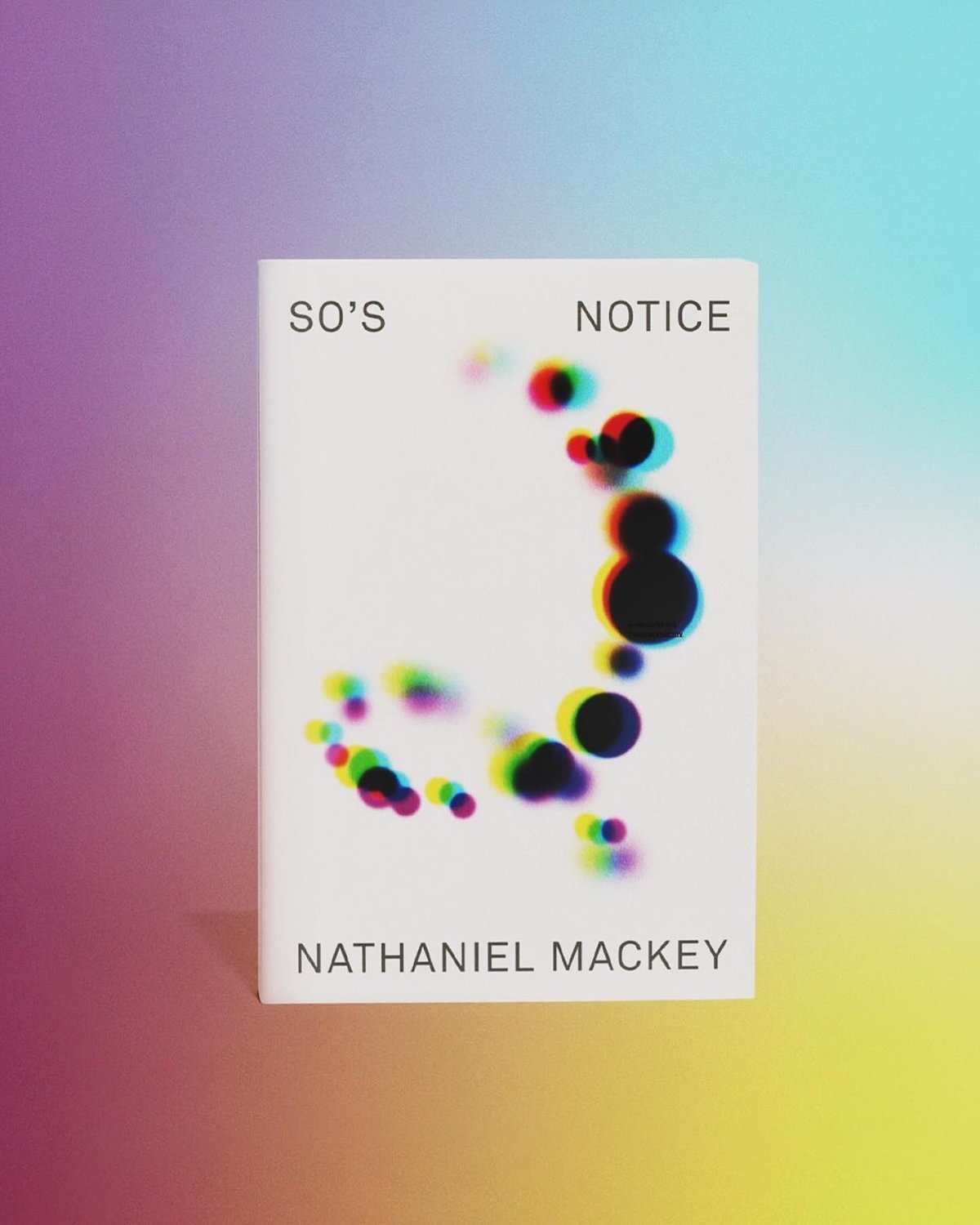
I love these covers designed by Rodrigo Corral for Nathaniel Mackey’s poetry collection Double Trio. You will likely recognize some of the other covers designed by Corral over the years.



This site is made possible by member support. 💞
Big thanks to Arcustech for hosting the site and offering amazing tech support.
When you buy through links on kottke.org, I may earn an affiliate commission. Thanks for supporting the site!
kottke.org. home of fine hypertext products since 1998.

I love these covers designed by Rodrigo Corral for Nathaniel Mackey’s poetry collection Double Trio. You will likely recognize some of the other covers designed by Corral over the years.
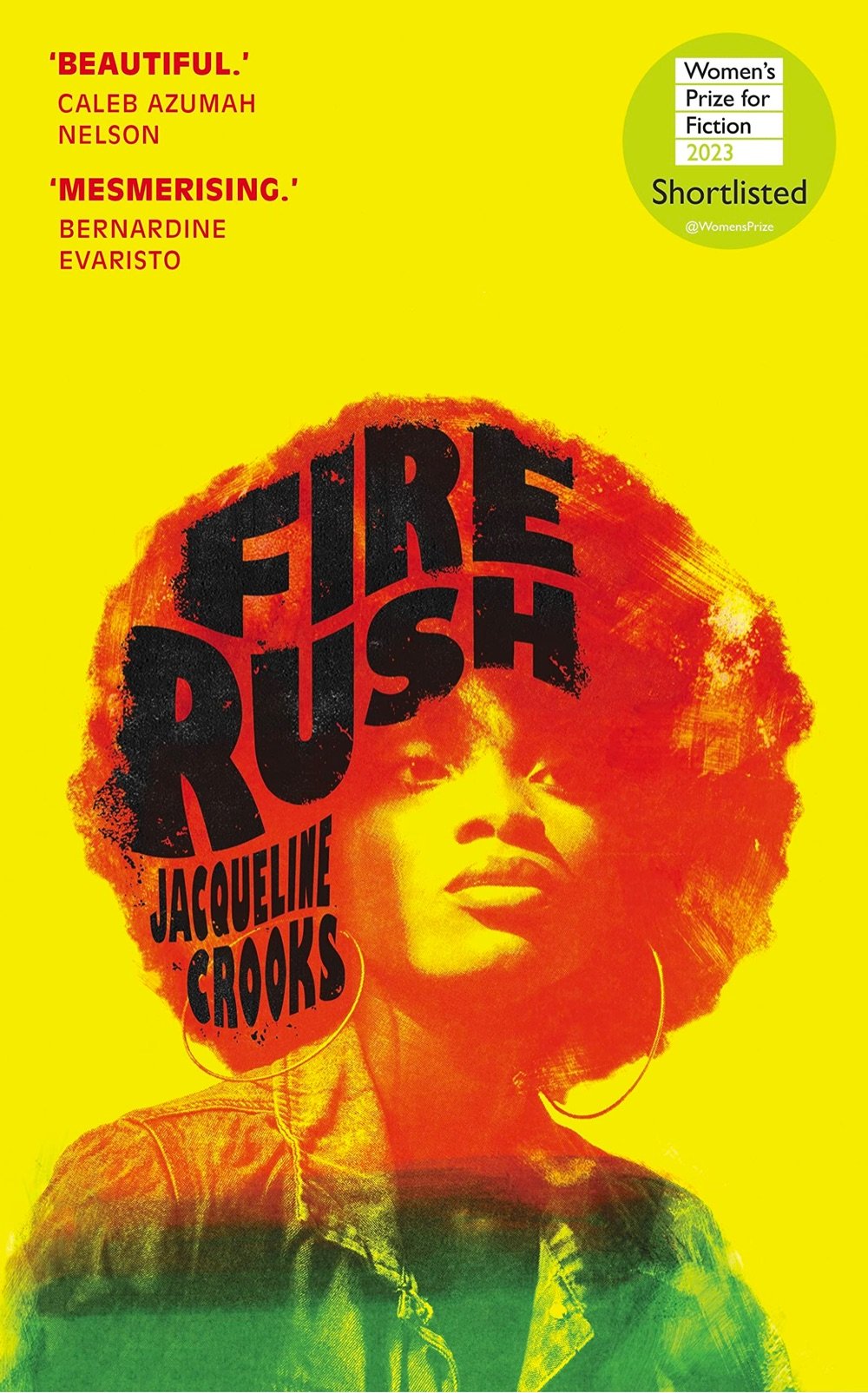
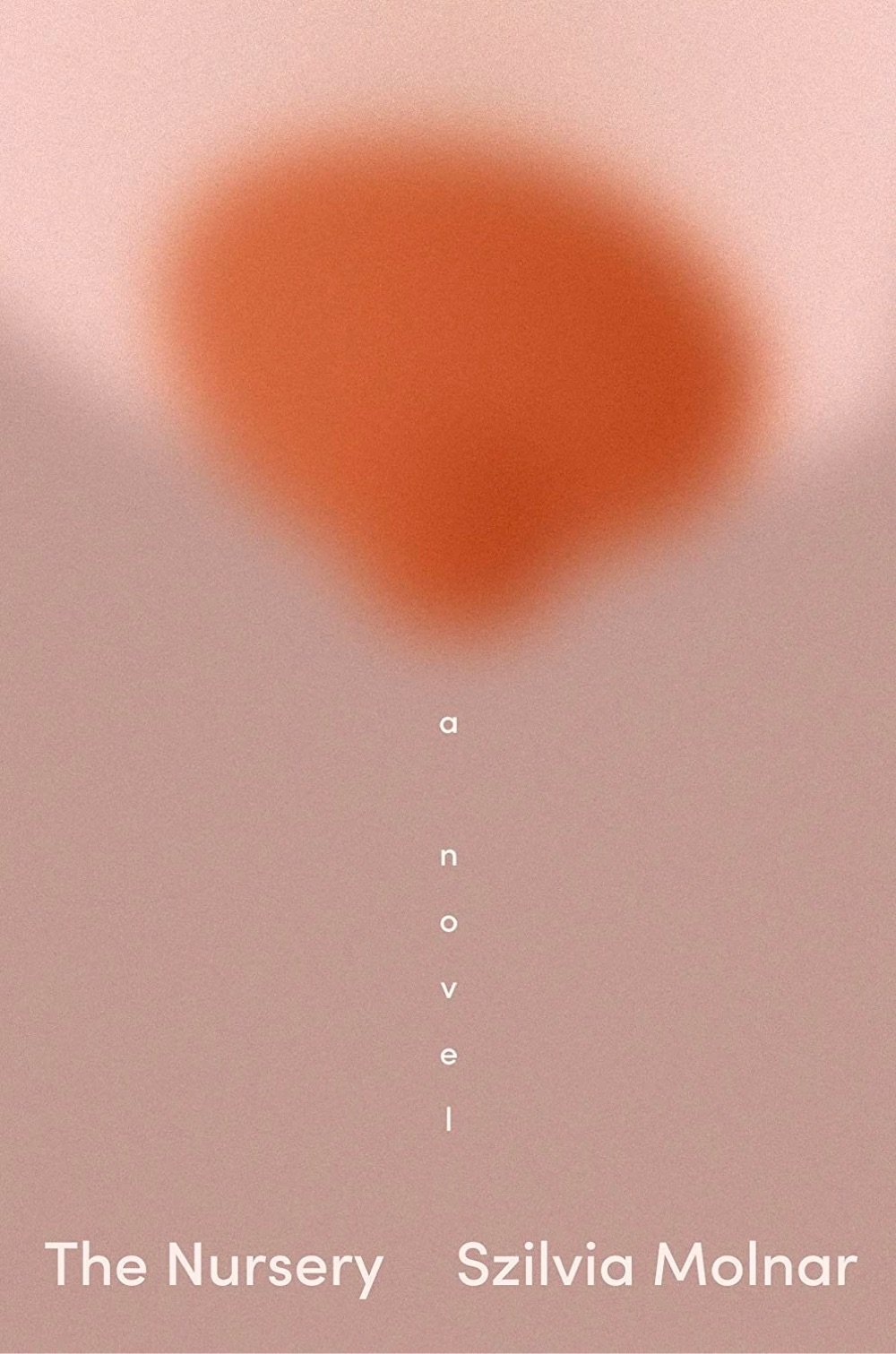
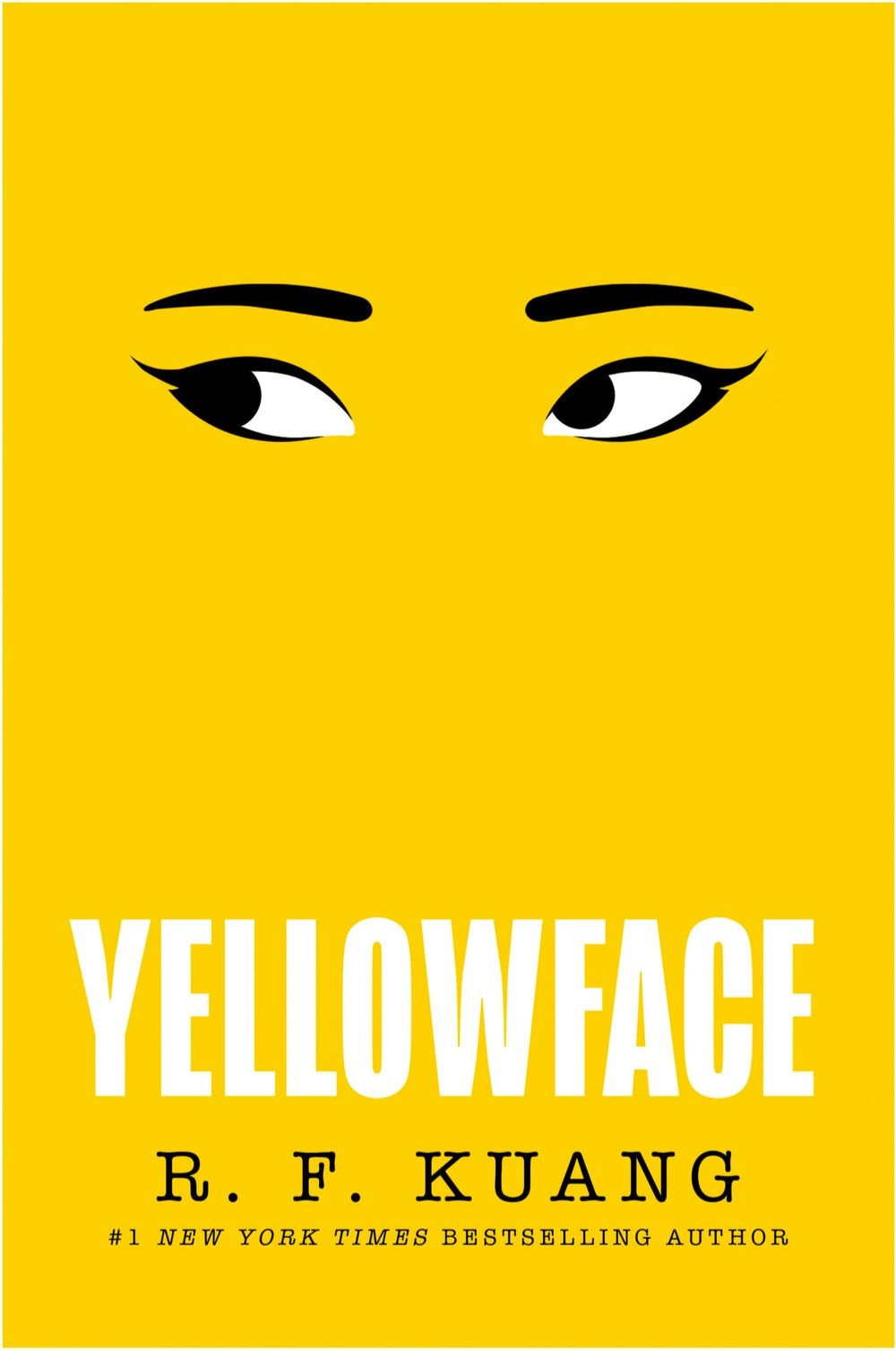

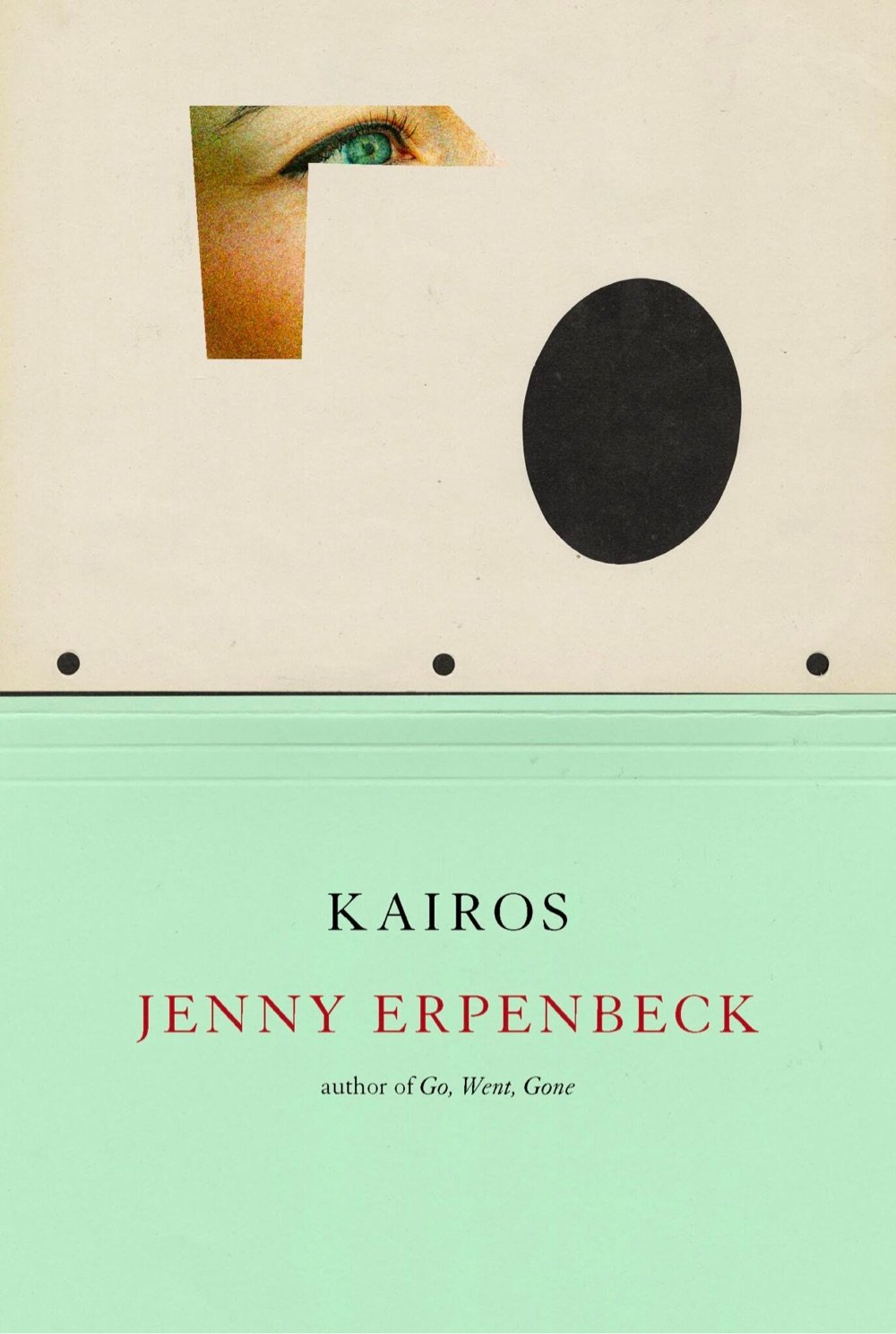

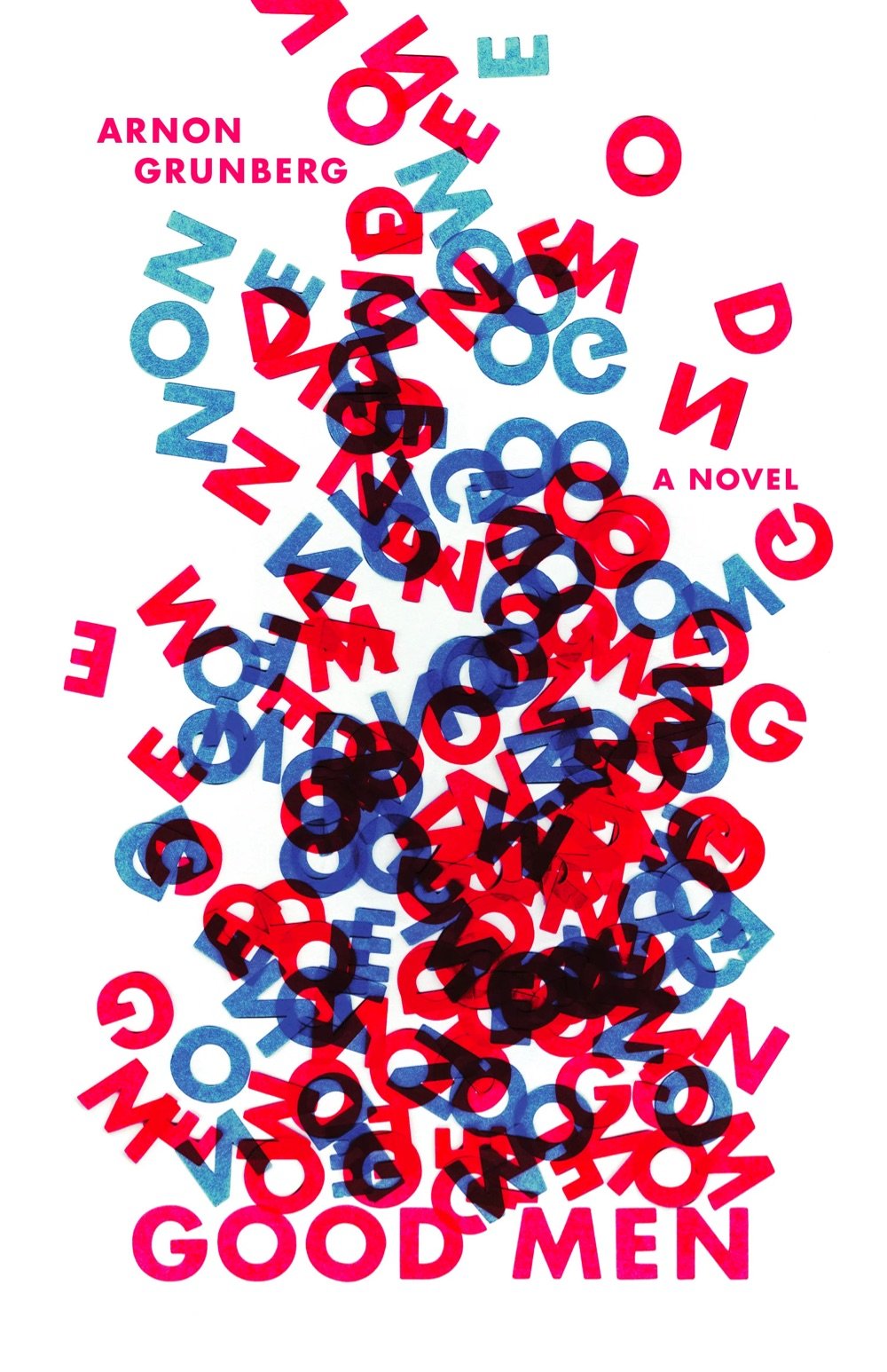
I love a good book cover design. As I wrote last year:
The book cover is one of my all-time favorite design objects and a big part of the reason I love going to bookstores is to visually feast on new covers. I don’t keep an explicit list of my favorites from those trips, but there are definitely those that stick in my mind, covers that I’ll instantly recognize from across the room on subsequent trips.
I used those bookshop trips and several year-end lists to compile my list of favorites, pictured above and listed here, along with their designers:
Fire Rush (French edition) by Jacqueline Crooks, designed by Jodi Hunt.
The Nursery by Szilvia Molnar, designed by Linda Huang.
Yellowface by R. F Kuang (couldn’t find the designer’s name).
Big Swiss by Jen Beagin, designed by Jaya Miceli.
Kairos by Jenny Erpenbeck, designed by John Gall.
The Employees by Olga Ravn, designed by Paul Sahre.
Good Men by Arnon Grunberg, designed by Anna Jordan.
Do you have a particular favorite cover? Let me know in the comments!
The lists I consulted are Literary Hub’s The 139 Best Book Covers of 2023 (don’t be dissuaded by that big number…this is the best list bc they consult actual cover designers), The Casual Optimist’s Notable Book Covers of 2023 (always a great list from an indie site), the NY Times’ The Best Book Covers of 2023, The Book Designer’s 2023 Coolest Book Covers (that bucked the year’s trends), Print’s 50 of the Best Book Covers of 2023, Book covers designs of the year 2023 from Creative Review, and Spine’s 2023 Book Covers We Loved.
It’s fun to see how cover design changes throughout the years — here are my lists from 2022, 2021, 2020, 2019, 2018, 2015, 2014, and 2013.
Note: When you buy through links on kottke.org, I may earn an affiliate commission. Thanks for supporting the site!
You know me; I love a good book cover. The AIGA’s annual roundup of the best designed books and covers is usually aces and the results of the 2022 competition (announced at the beginning of July 2023) is no exception. Here are a few I picked out that I didn’t feature in The Best Book Covers of 2022 back in December.
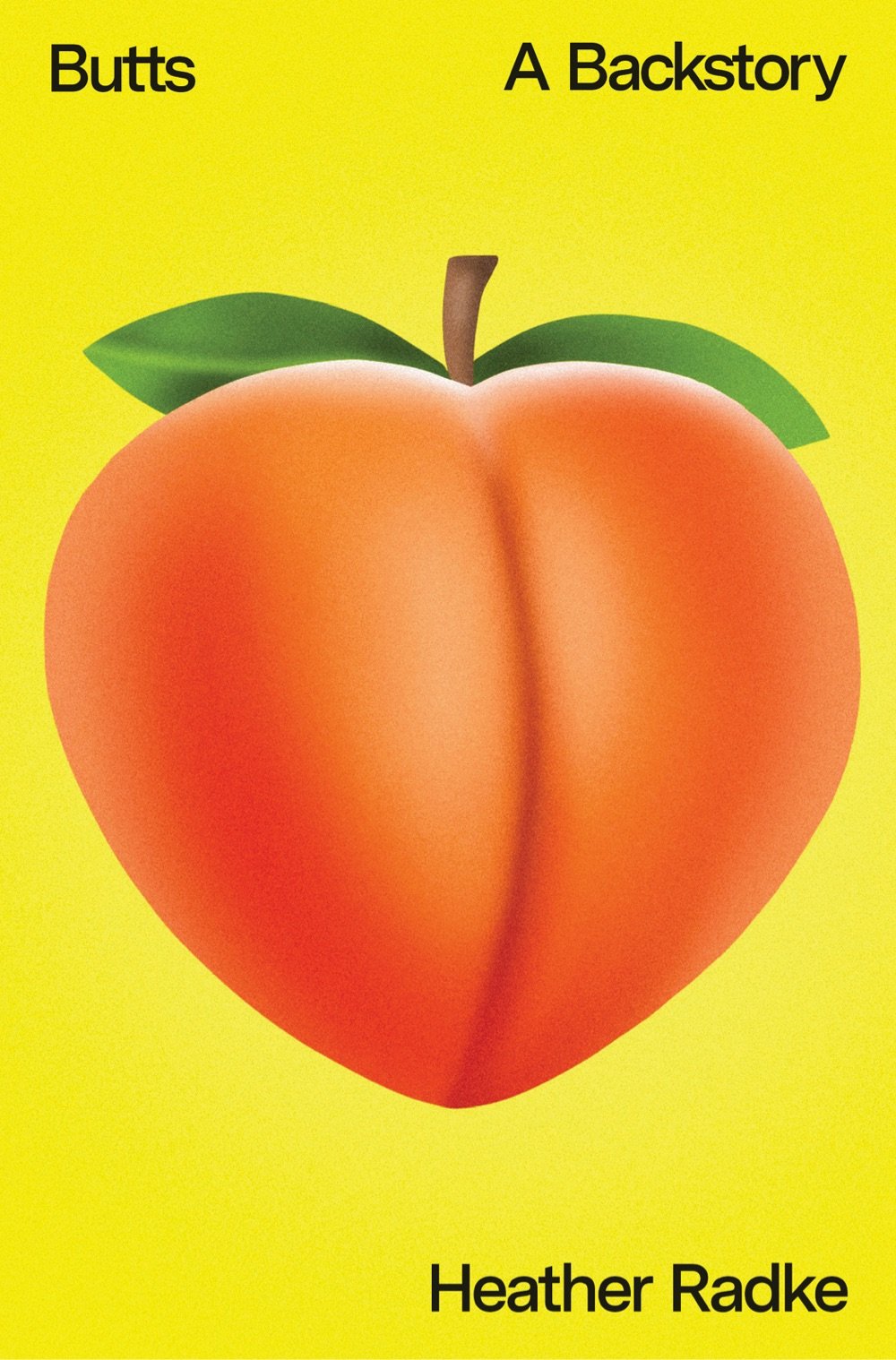

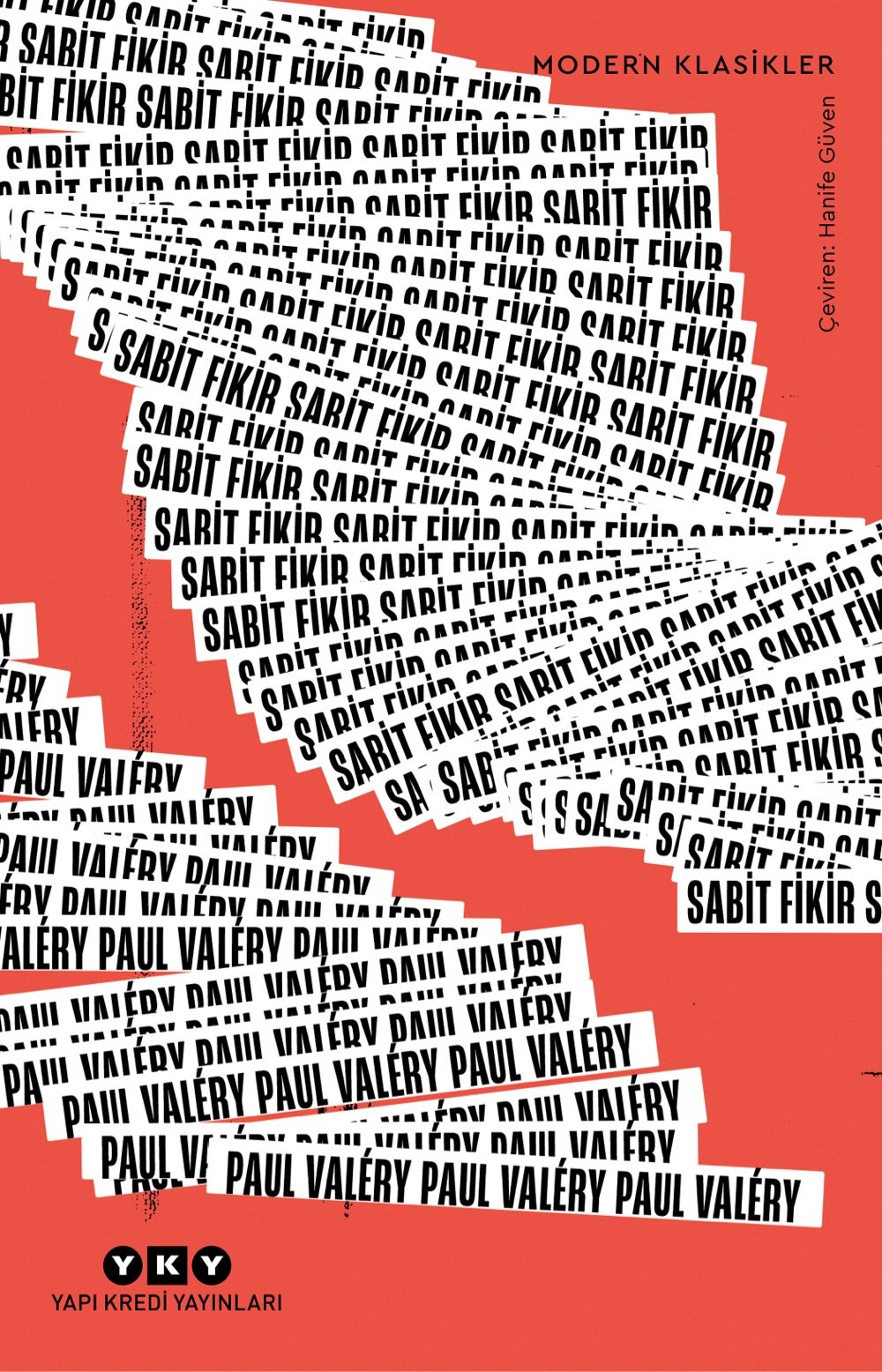
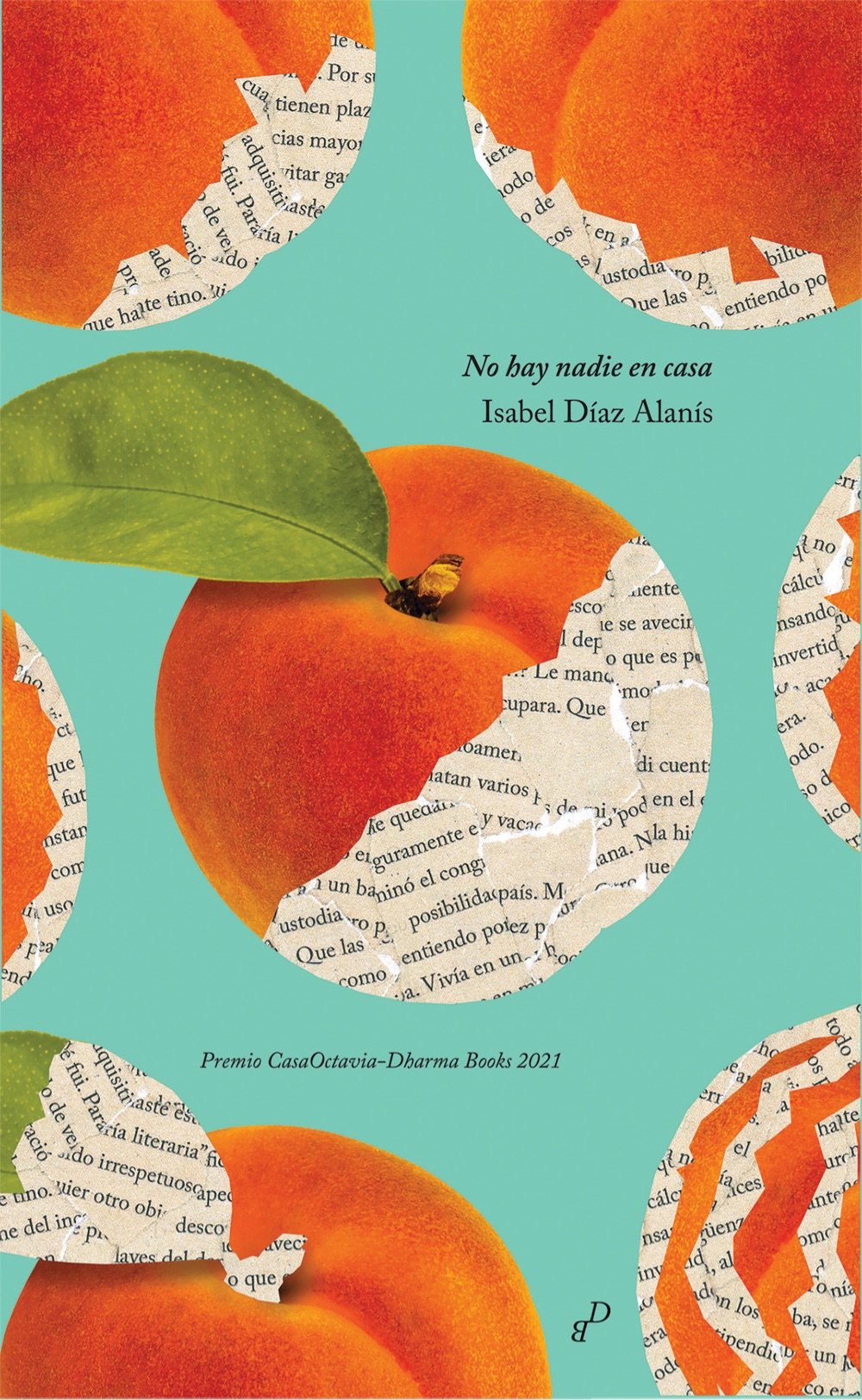
Uh, I guess I’m really into orange today? Anyway, these covers are from:
Butts: A Backstory by Heather Radke.
Sound Within Sound: Radical Composers of the Twentieth Century by Kate Molleson.
Sabit Fikir by Paul Valéry.
No hay nadie en casa by Isabel Díaz Alanís.
This is apparently extremely old news (like almost 20 years old), but I ran across the cover that Chris Ware did for Voltaire’s Candide in the bookstore yesterday and it still slaps.
P.S. The book covers tag is pretty good if you want to get distracted/inspired by fantastic design for 30 minutes.
The book cover is one of my all-time favorite design objects and a big part of the reason I love going to bookstores is to visually feast on new covers. I don’t keep an explicit list of my favorites from those trips, but there are definitely those that stick in my mind, covers that I’ll instantly recognize from across the room on subsequent trips.
I’ve spent the last few days rediscovering some of them (and finding new ones) on the end-of-the-year lists of the best covers of 2022. You can find some of 2022’s most wonderfully designed covers above; from top to bottom:
The Rabbit Hutch by Tess Gunty, designed by Linda Huang.
Tomorrow and Tomorrow, and Tomorrow by Gabrielle Zevin, designed by John Gall.
No Land in Sight by Charles Simic, designed by John Gall.
Constructing a Nervous System by Margo Jefferson, designed by Kelly Blair.
Shit Cassandra Saw by Gwen E. Kirby, designed by Lydia Ortiz.
The Status Game by Will Storr, designed by Steve Leard.
Kiki Man Ray by Mark Braude, designed by Jaya Miceli.
Cold Enough for Snow by Jessica Au, designed by Janet Hansen.
Pure Colour by Sheila Heti, designed by Na Kim.
I’ve linked to each designer’s website above; I urge you to click through and check out some of their other work. You can find many more wonderful covers in the following places: The 103 Best Book Covers of 2022 (Literary Hub), The Best Book Covers of 2022 (NY Times), The Best Book Covers of 2022 (Fast Company), and Best Book Covers 2022 (Chicago Public Library). Literary Hub’s list is particularly good because the best covers are selected by other cover designers and presented with their commentary.
See also The Best Books of 2022 and my lists from past years: 2021, 2020, 2019, 2018, 2015, 2014, and 2013.
Note: When you buy through links on kottke.org, I may earn an affiliate commission. This year, I’m linking to Bookshop.org when I can but if you read on the Kindle or Bookshop is out of stock, you can try Amazon. Thanks for supporting the site!
In January 2020, John Hendrickson wrote an article for The Atlantic about Joe Biden’s stutter…and his own. Hendrickson has written a memoir about his “lifelong struggle to speak”: Life on Delay: Making Peace with a Stutter.
In Life on Delay, Hendrickson writes candidly about bullying, substance abuse, depression, isolation, and other issues stutterers like him face daily. He explores the intricate family dynamics surrounding his own stutter and revisits key people from his past in unguarded interviews. Readers get an over-the-shoulder view of his childhood; his career as a journalist, which once seemed impossible; and his search for a romantic partner. Along the way, Hendrickson guides us through the evolution of speech therapy, the controversial quest for a “magic pill” to end stuttering, and the burgeoning self-help movement within the stuttering community. Beyond his own experiences, he shares portraits of fellow stutterers who have changed his life, and he writes about a pioneering doctor who is upending the field of speech therapy.
Sounds fascinating and the cover is fantastic (who designed it?):

See also Austin Kleon’s Our Stutter:
Around Christmastime, my son started stuttering differently and more frequently.
“Why are you so glitchy?” my 5-year-old asked him. “I’m worried about you.”
We might’ve been worried, too, except that we’d been through it before. The previous Christmas, we’d called Dr. Courtney Byrd at the Lang Stuttering Institute here in Austin, Texas, and she assured us that it was perfectly normal for stuttering to change during the holidays and that even good, exciting events can cause changes in stuttering.
So now, when Our Stutter changes, our listening changes.
We listen with more love.
The segment he references from This American Life featuring JJJJJerome Ellis is fantastic and a must-listen if you’ve never heard it before.
Update: Hendrickson reports that the cover is by Oliver Munday, whose work I admire greatly.
See also Why Are There So Many F**king Best-sellers Right Now With F**k in the Title?, What the F*ck Is Up With All These Sweary F*cking Book Titles?, and What Is With All of the Self-Help Books With Swear Words in the Title?
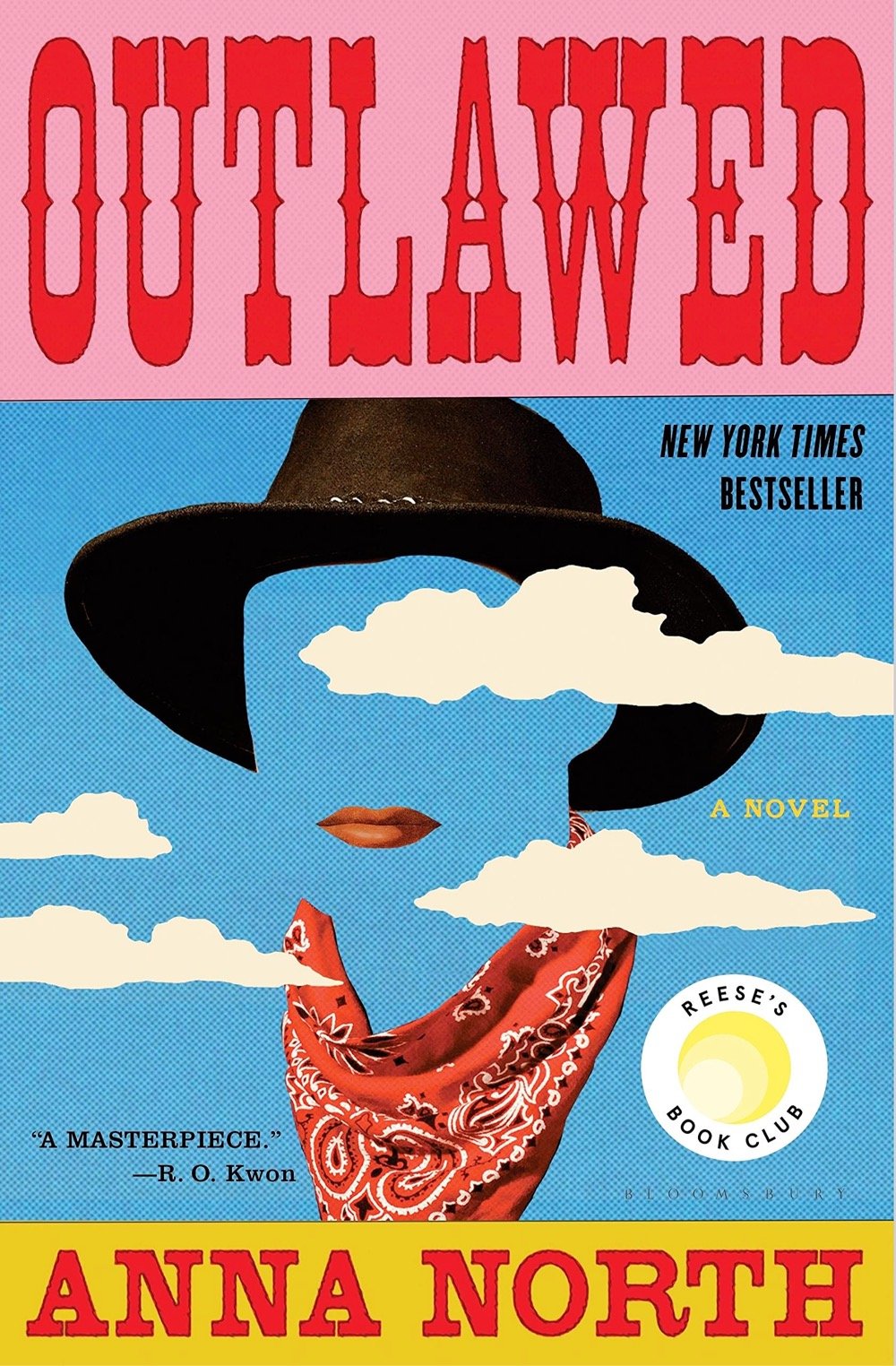
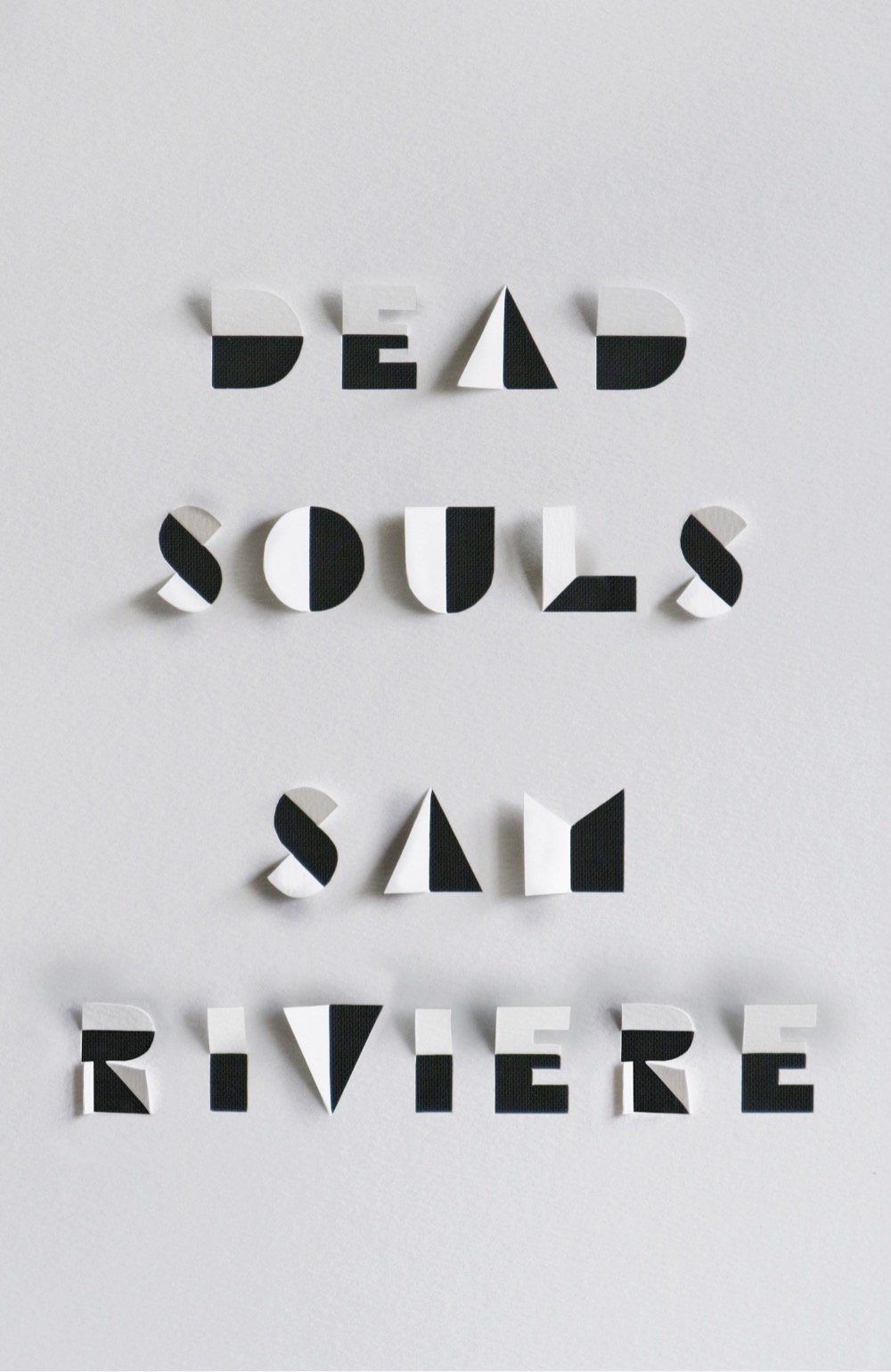

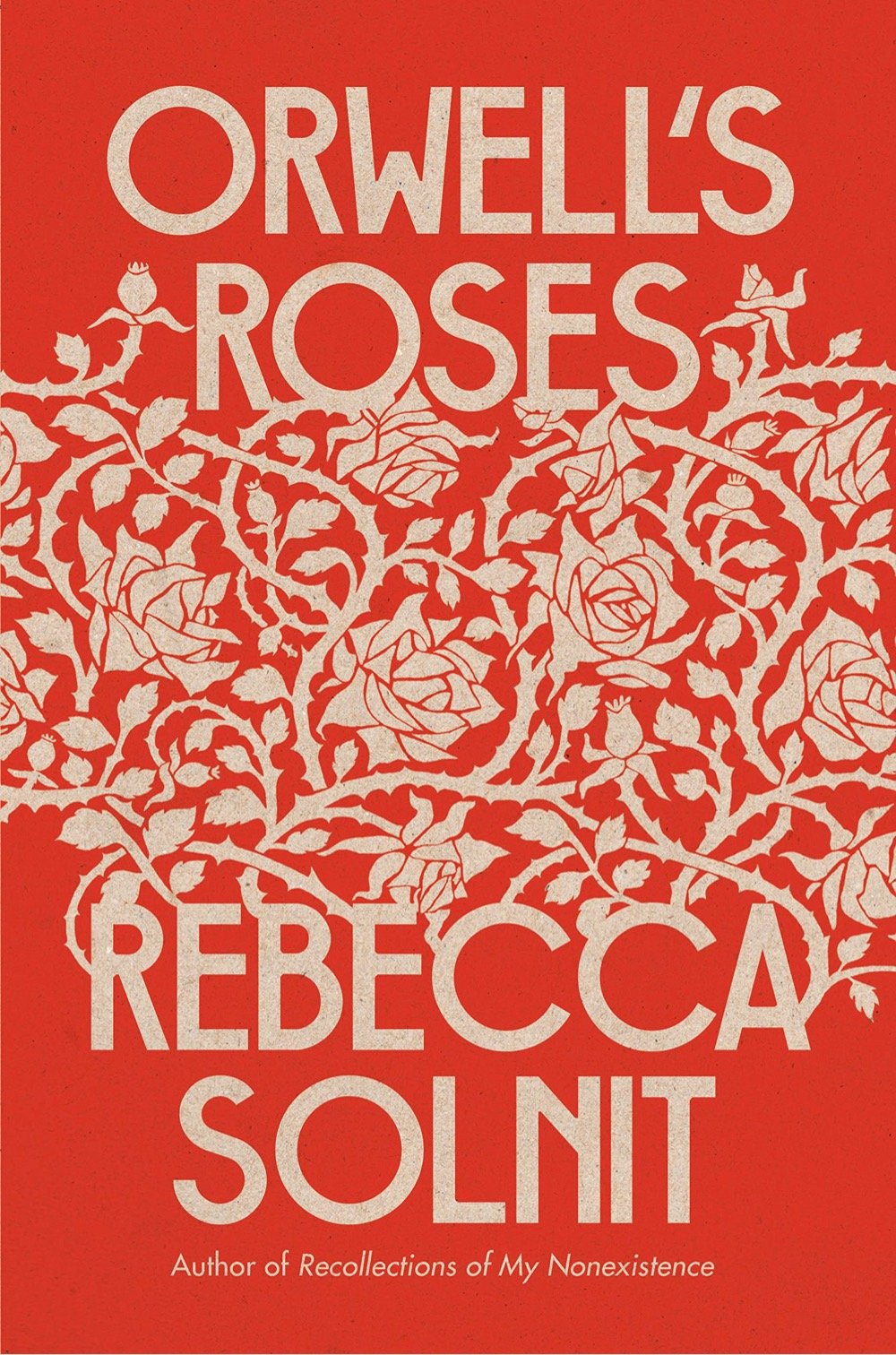

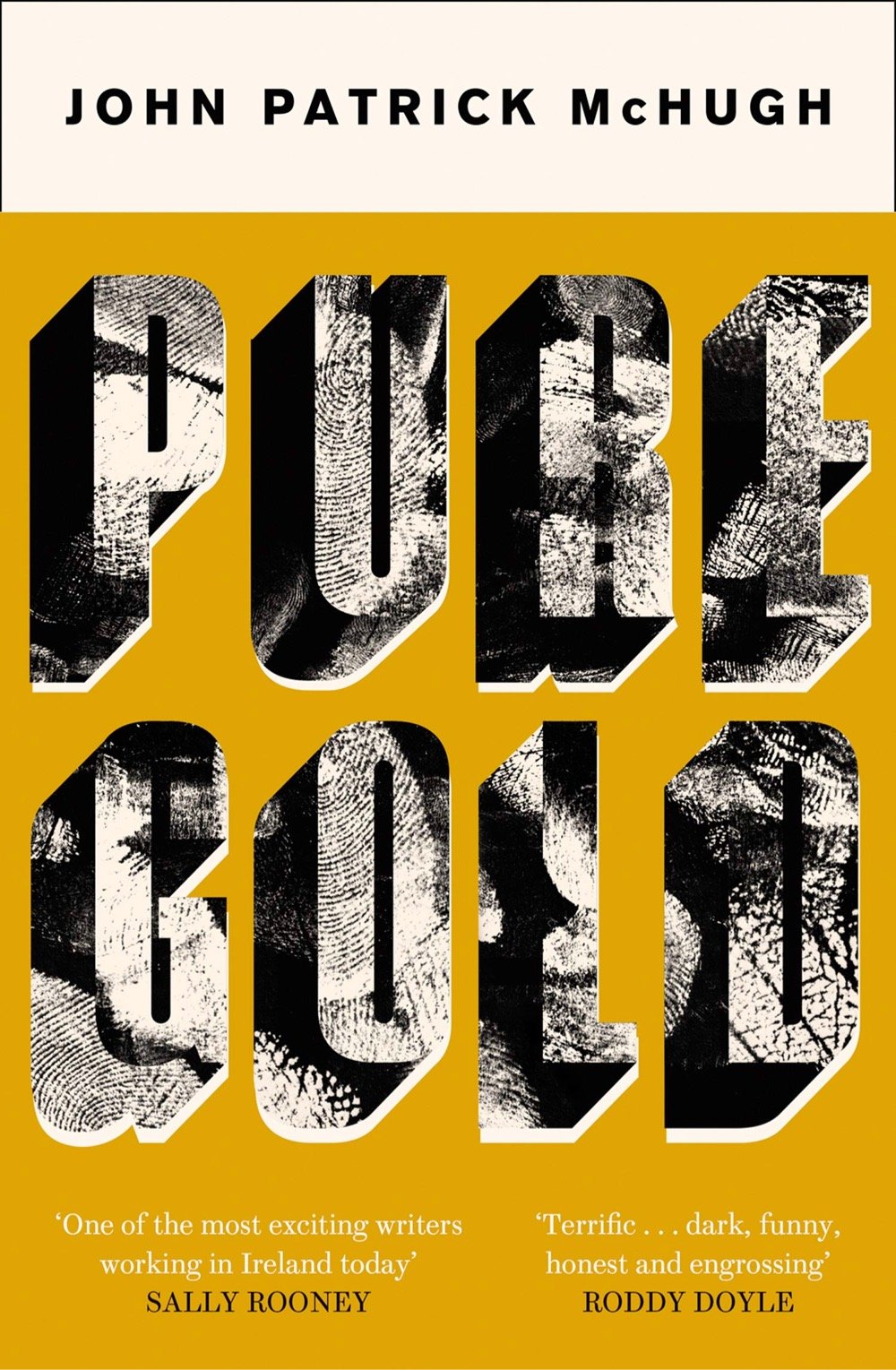

I only read ebooks these days and don’t make it to the one decent bookstore within a 60-minute drive from my house that often, but I still love love book covers. As I do every year, I’ve perused the end-of-year lists of the best covers and pulled out some favorites, which I’ve embedded above.
From top to bottom: Outlawed by Anna North, designed by Rachel Willey; Dead Souls by Sam Riviere, designed by Jamie Keenan; Foucault in Warsaw by Remigiusz Ryzinski, designed by Daniel Benneworth-Gray; Orwell’s Roses by Rebecca Solnit, designed by Gray318; Laserwriter II by Tamara Shopsin, designed by Tamara Shopsin;1 Pure Gold by John Patrick McHugh, designed by Jack Smyth; and Nectarine by Chad Campbell, designed by by Dave Drummond.
You can find many more great covers in these lists: The 50 Best Book Covers of 2021 (Print), The Best Book Covers of 2021 (NY Times), The 101 Best Book Covers of 2021 (Literary Hub), Notable Book Covers of 2021 (The Casual Optimist), 8 of the Best Book Covers of 2021 (AIGA Eye on Design), The best book covers of the year 2021 (Creative Review), and The Best Book Covers of 2021 (Book Riot).
See also my lists from past years: 2020, 2019, 2018, 2015, 2014, and 2013.
This is awesome. If I ever write a book with a traditional publisher, I’m going to fight (probably unsuccessfully) to design the cover.↩

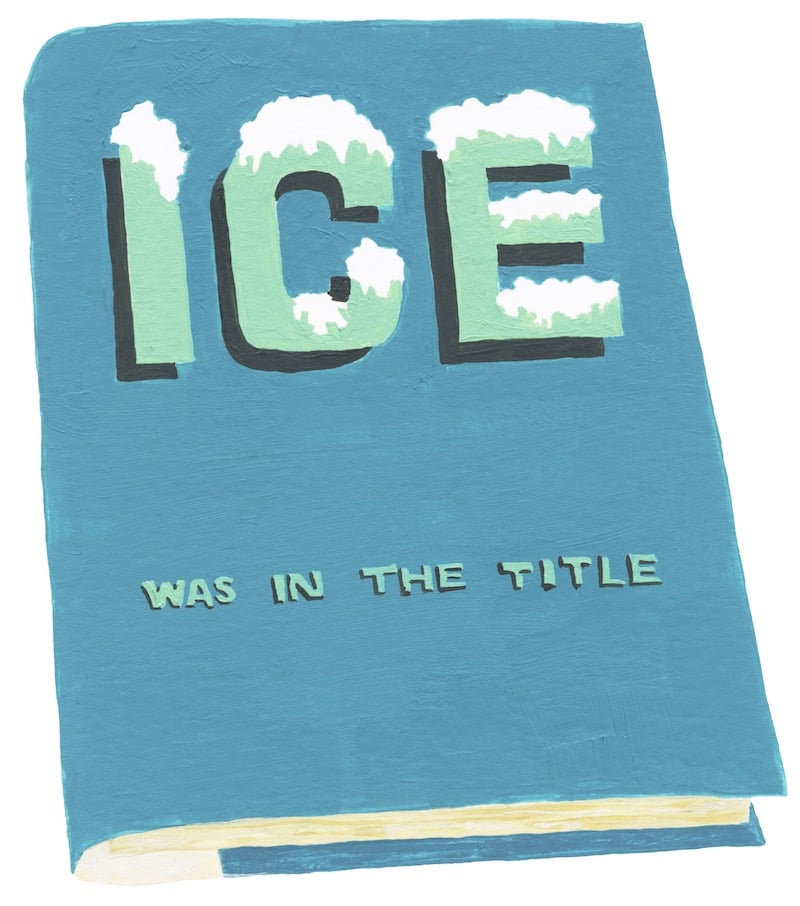

In her new book Library of Misremembered Books, Marina Luz creates new book covers from the vague and hilarious ways in which people can’t recall the exact names of books.
Anyone who has worked in a bookstore knows only too well that moment when a customer approaches by saying, “So I don’t remember the title, or the author, but-.” And we’ve all been on the other side of the counter, trying to pinpoint something we can’t quite describe at a bookstore (“It’s a murder mystery, but also quite funny”), or at a video store (“Could be subtitled, but then again, now that I think about it, maybe it wasn’t”), or at a mechanic (“The car is kind of going gu-chunk, gu-chunk; except on hills, when it’s more of a clickety-tickety”). We are usually left not only without an answer, but also with the overwhelming sense that we have lost some small piece of our dignity in the attempt.
See also (via this thread) a list of misremembered titles from the Fukui Prefectural Library in Japan. (via literary hub)



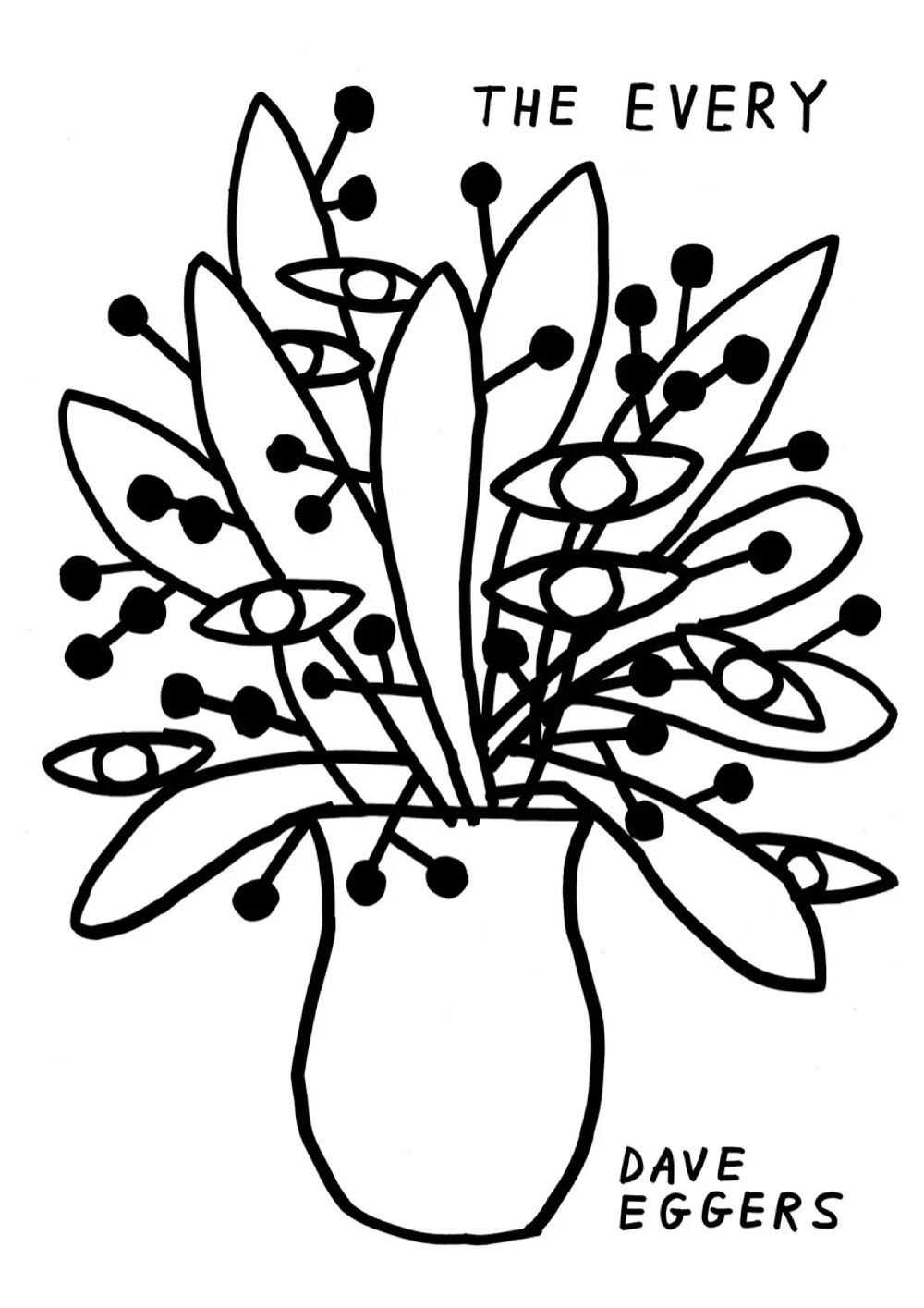

For his new book, The Every, Dave Eggers and art director Sunra Thompson are doing 32 separate covers, with more to come “in perpetuity”.
Never one to shy away from pushing boundaries, Eggers teamed up with art director Sunra Thompson for the project, who discovered that the dust jacket printer they were using could run several cover designs on one sheet of paper at once, providing the means to print dozens of different versions at the same time. Thompson decided to exploit this printing feature, enlisting a boatload of artists to design a completely new version of The Every cover.
The hardcover version of the book featuring the 32+ designs will only be available on the McSweeney’s website and in independent bookstores, which doesn’t seem to include Bookshop.org. Amazon, says Eggers, can go pound sand.
“I don’t like bullies,” Eggers wrote in an email. “Amazon has been kicking sand in the face of independent bookstores for decades now.”
The novel follows a former forest ranger and tech skeptic, Delaney Wells, as she tries to take down a dangerous monopoly from the inside: a company called The Every, formed when the world’s most powerful e-commerce site merged with the biggest social media company/search engine.
“One of the themes of the book is the power of monopolies to dictate our choices, so it seemed a good opportunity to push back a bit against the monopoly, Amazon, that currently rules the book world,” he said. “So we started looking into how feasible it would be to make the hardcover available only through independent bookstores. Turns out it is very, very hard.”
![]()
![]()
![]()
From Literary Hub, The 25 Most Iconic Book Covers in History. Some good ones shared in the comments as well. (thx, serge)
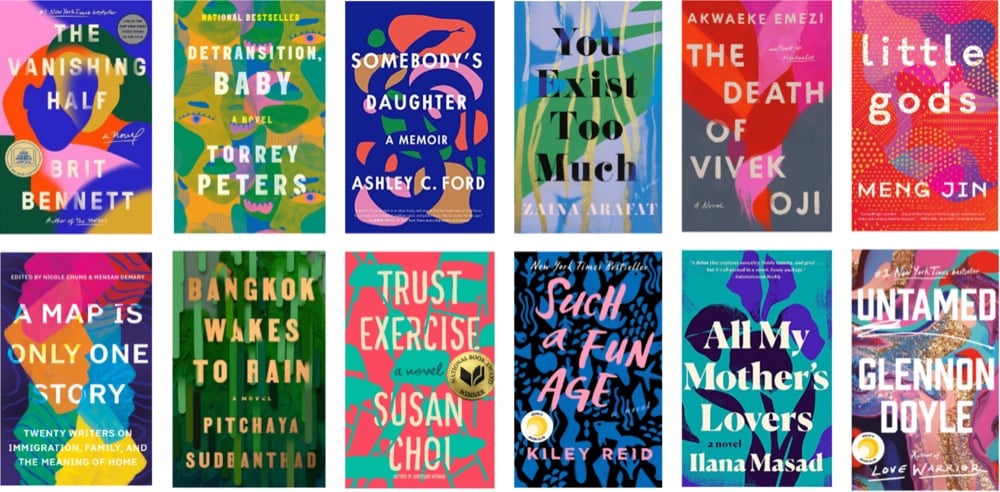
Over at Print, R.E. Hawley writes about a book cover design trend you may have noticed: Behold, the Book Blob.
This design trend, well into its third or fourth year in the major publishing houses, has attracted plenty of nicknames and attendant discourse online — culture critic Jeva Lange calls it “blobs of suggestive colors,” while writer Alana Pockros calls it the “unicorn frappuccino cover,” and New Yorker writer Kyle Chayka once referred to it on Twitter as “the Zombie Formalism of book covers.”
I hadn’t really noticed this, but only because I thought these were all mostly the same book. Eep.
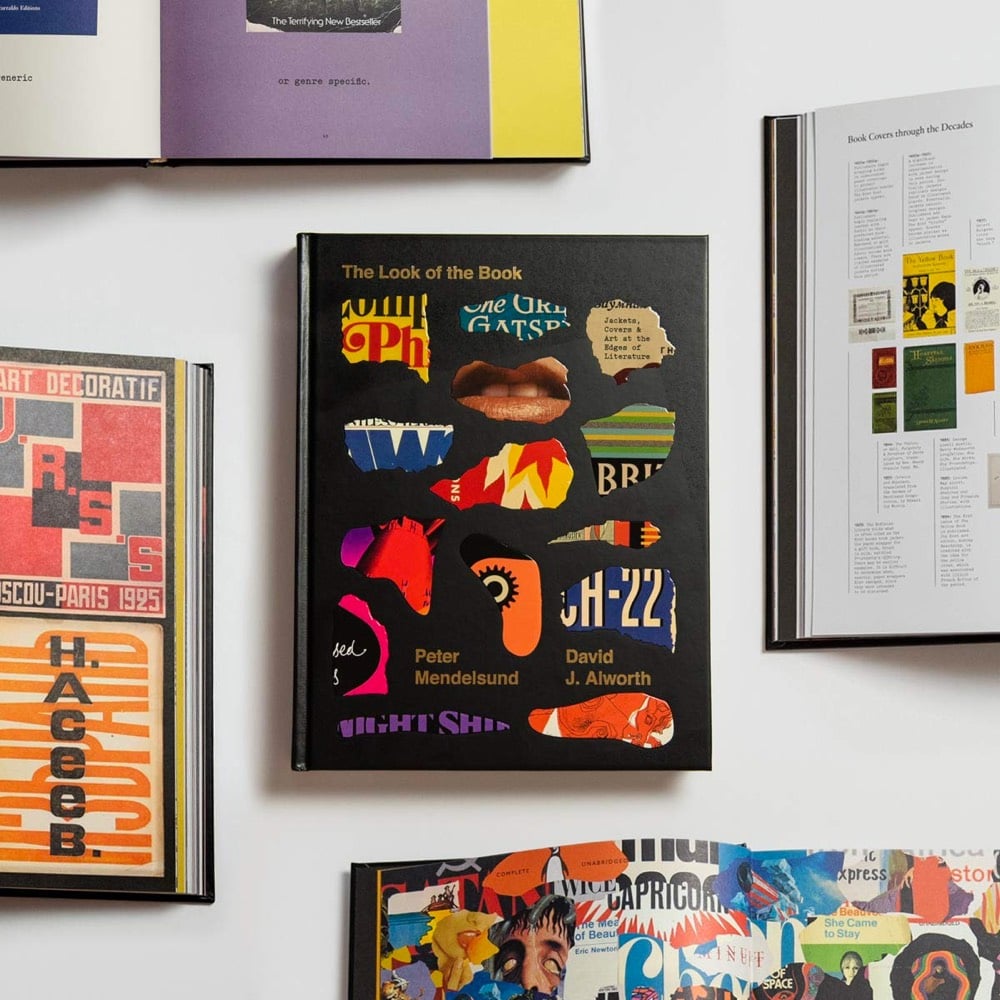
A book? (I love books.) About book cover design? (I love book cover design.) By book cover designer Peter Mendelsund? (I love Peter Mendelsund. Platonically. More as a concept, really — we’ve never met.) And co-written by David Alworth? (I don’t know David Alworth but he seems like a solid chap.) The Look of the Book checks a lot of my boxes and might do so for you as well.
As the outward face of the text, the book cover makes an all-important first impression. The Look of the Book examines art at the edges of literature through notable covers and the stories behind them, galleries of the many different jackets of bestselling books, an overview of book cover trends throughout history, and insights from dozens of literary and design luminaries.
See also The Best Book Cover Designs of 2020.

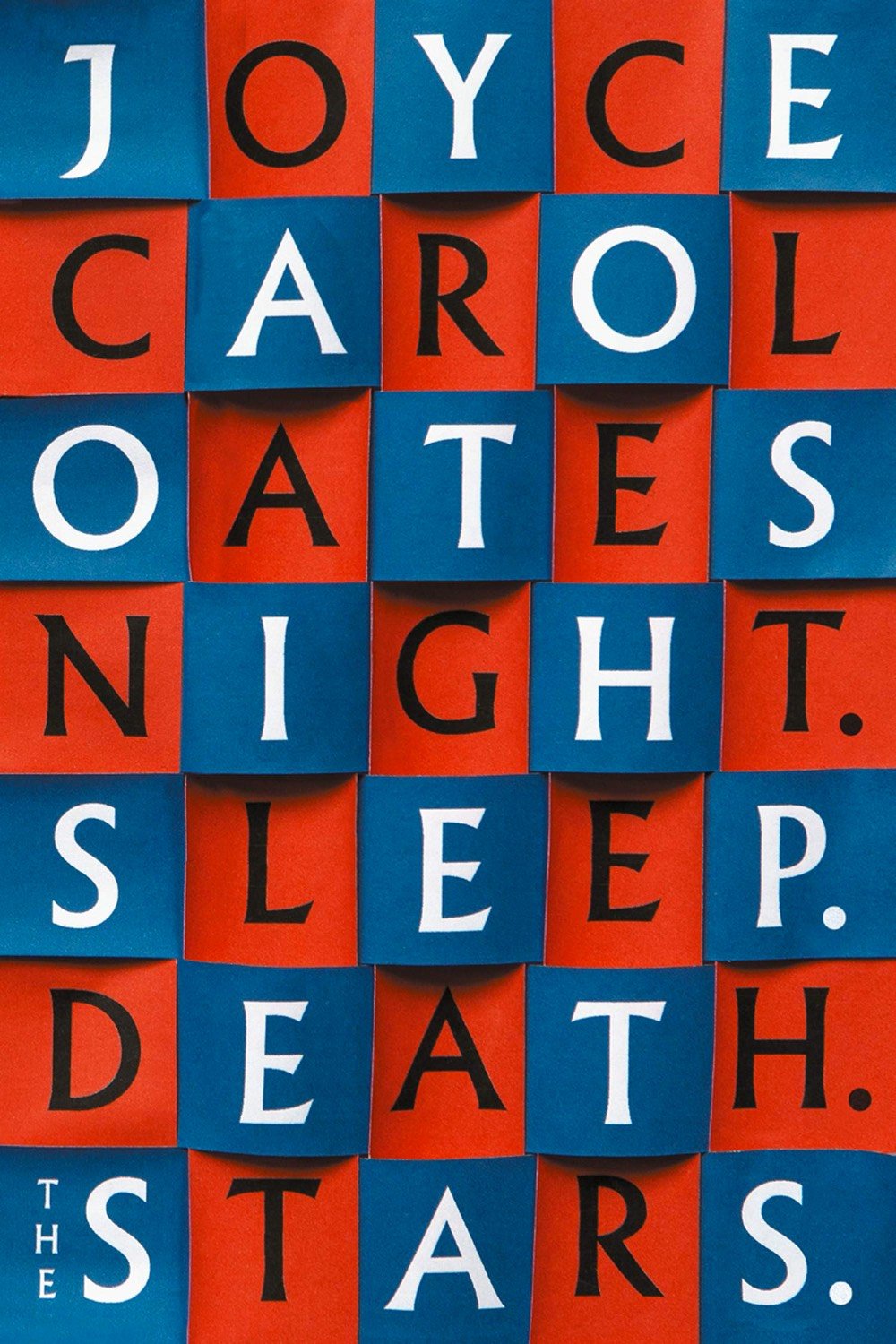



Well, what an unprecedented year that was! *sigh* 2020 is not a great year for ledes, so let’s skip right to the chase: many books were published this year and some of them had great covers. Lit Hub has the best roundup, with a selection of 89 covers chosen by book cover designers. Mark Sinclair’s ten selections for Creative Review are excellent as well. Electric Lit and Book Riot shared their cover picks as well.
I chose a few of my favorites and shared them above. From top to bottom: Zo by Xander Miller designed by Janet Hansen, the UK cover for Night. Sleep. Death. The Stars. by Joyce Carol Oates designed by Jamie Keenan (the US cover for comparison), Anger by Barbara H. Rosenwein designed by Alex Kirby, Uncanny Valley by Anna Wiener designed by Rodrigo Corral, and Verge by Lidia Yuknavitch designed by Rachel Willey. Looking at great work like this always gets my “maybe I should have been a book cover designer” juices flowing…
See also The Best Books of 2020.
Update: Oh good, the annual list from The Casual Optimist is here: Notable Book Covers of 2020. A cover that he highlighted that I particularly liked is from Michael Nylan’s translation of The Art of War by Sun Tzu designed by Jaya Miceli.

The NY Times list of The Best Book Covers of 2020 is out as well.
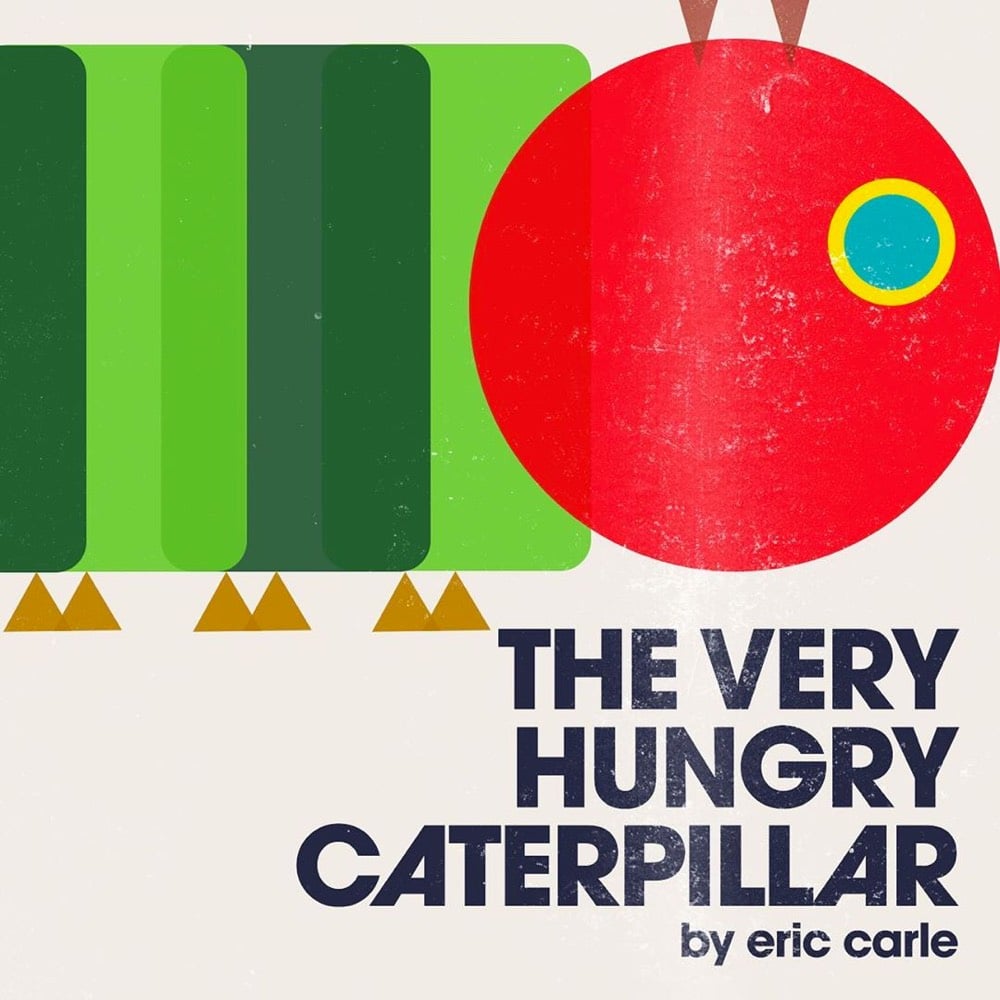
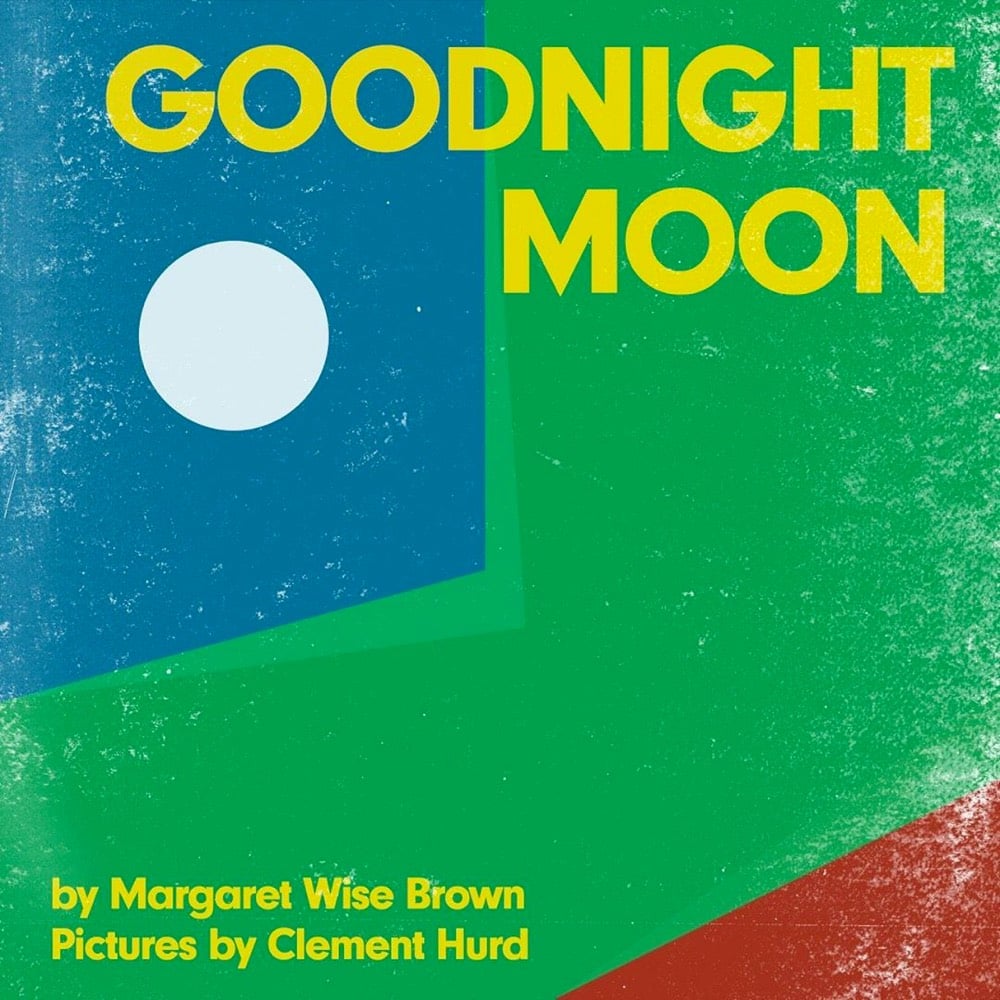
Over on his Instagram, Raj Haldar is making modernist versions of book covers for children’s books. So far there’s Goodnight Moon, The Snowy Day, The Very Hungry Caterpillar, Haldar’s own P Is For Pterodactyl, and a few others. Here’s what he says about Goodnight Moon:
Today, I’ve reduced ‘Goodnight Moon’ to nothing more than a few circles, rectangles, and triangles. What’s amazing, and a testament to how deeply this classic picture book is embedded in our collective consciousness is that even as a collection of the most simple forms, the cover is thoroughly recognizable.
(via print)
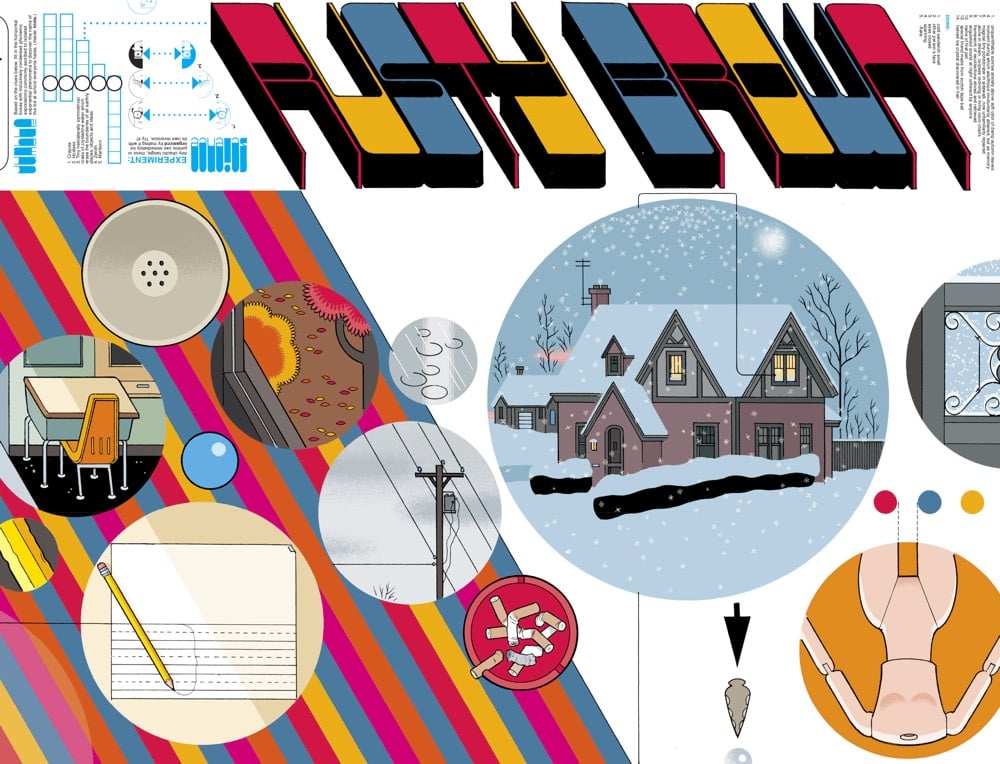
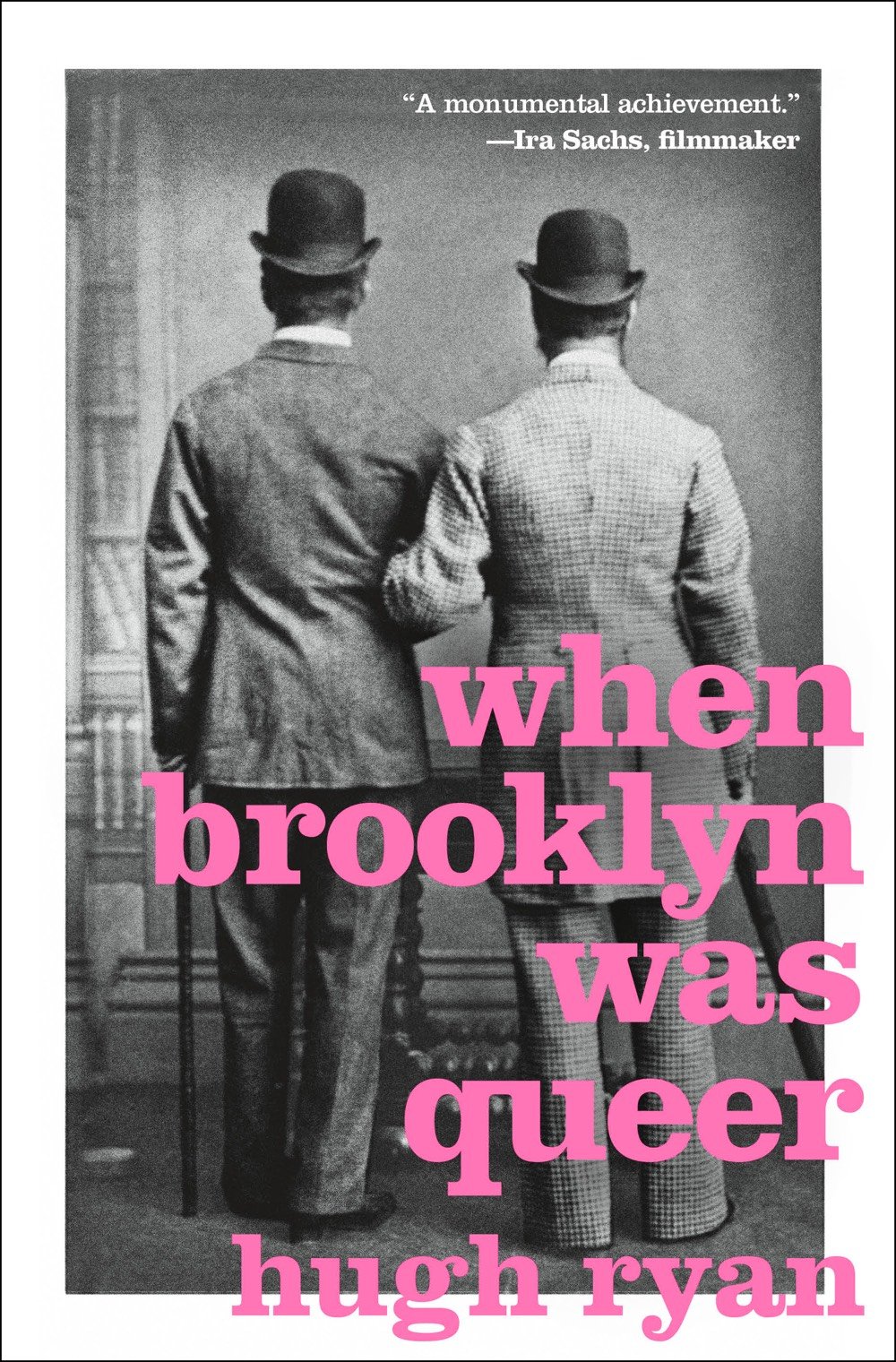
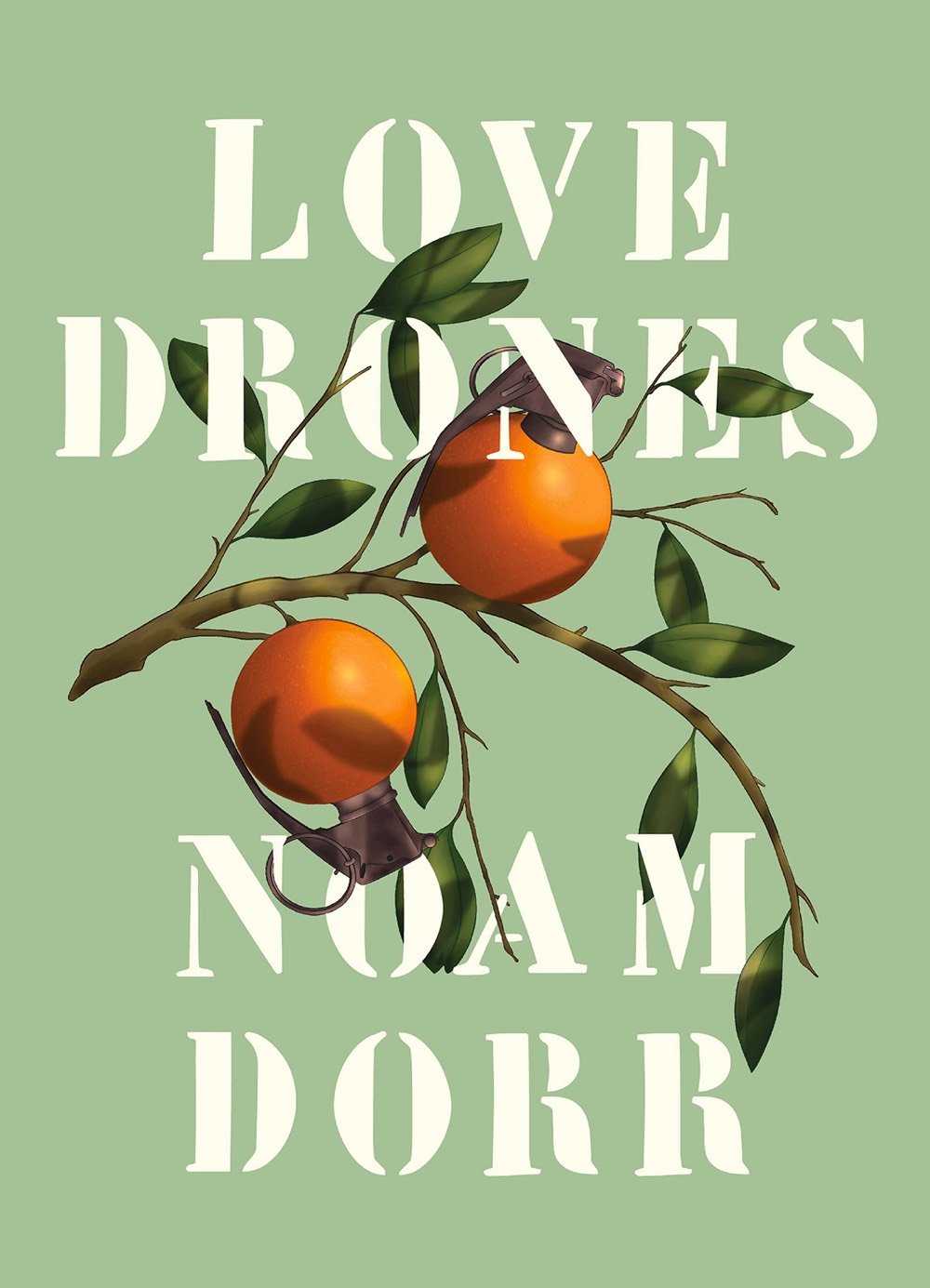
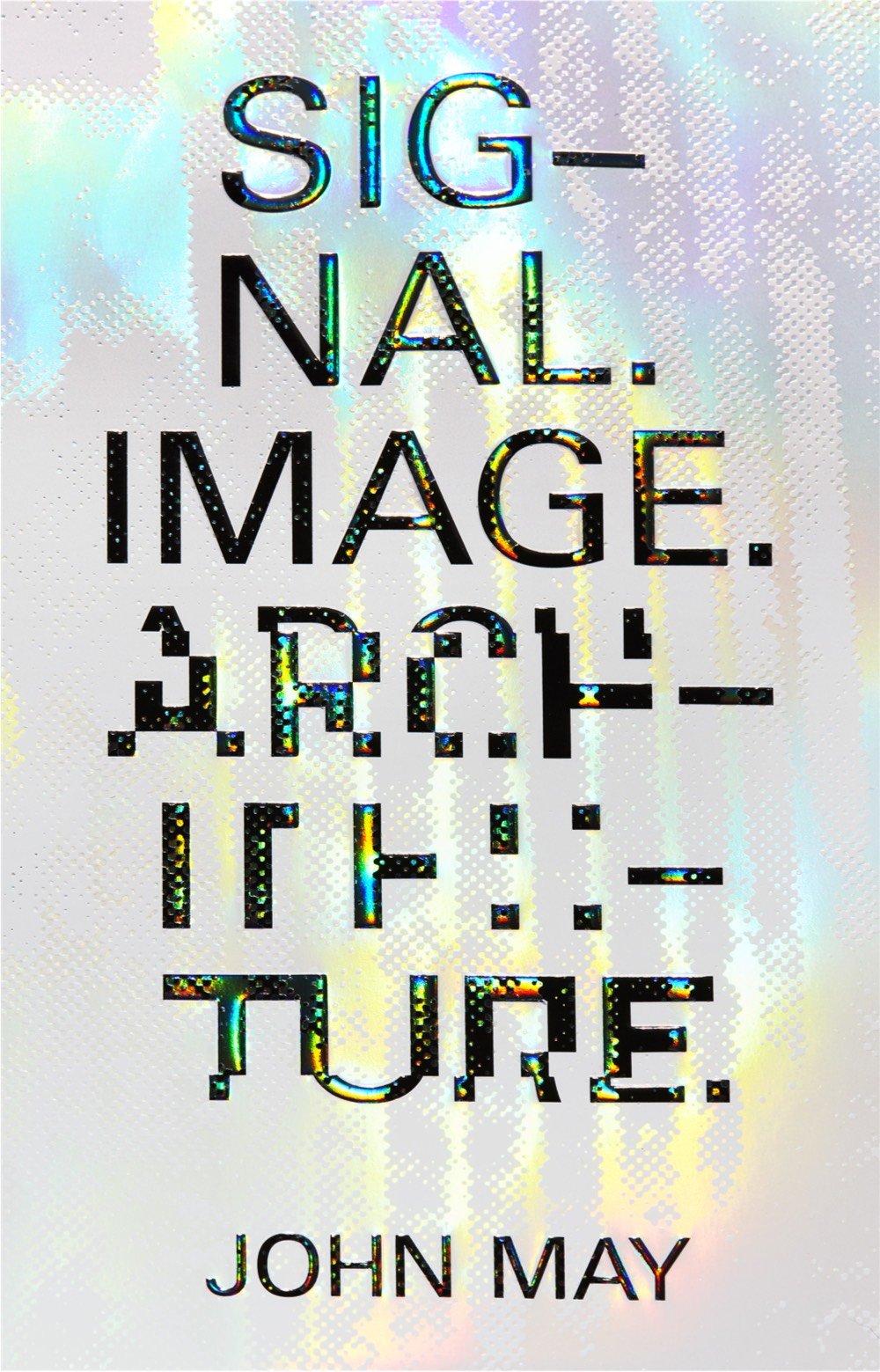
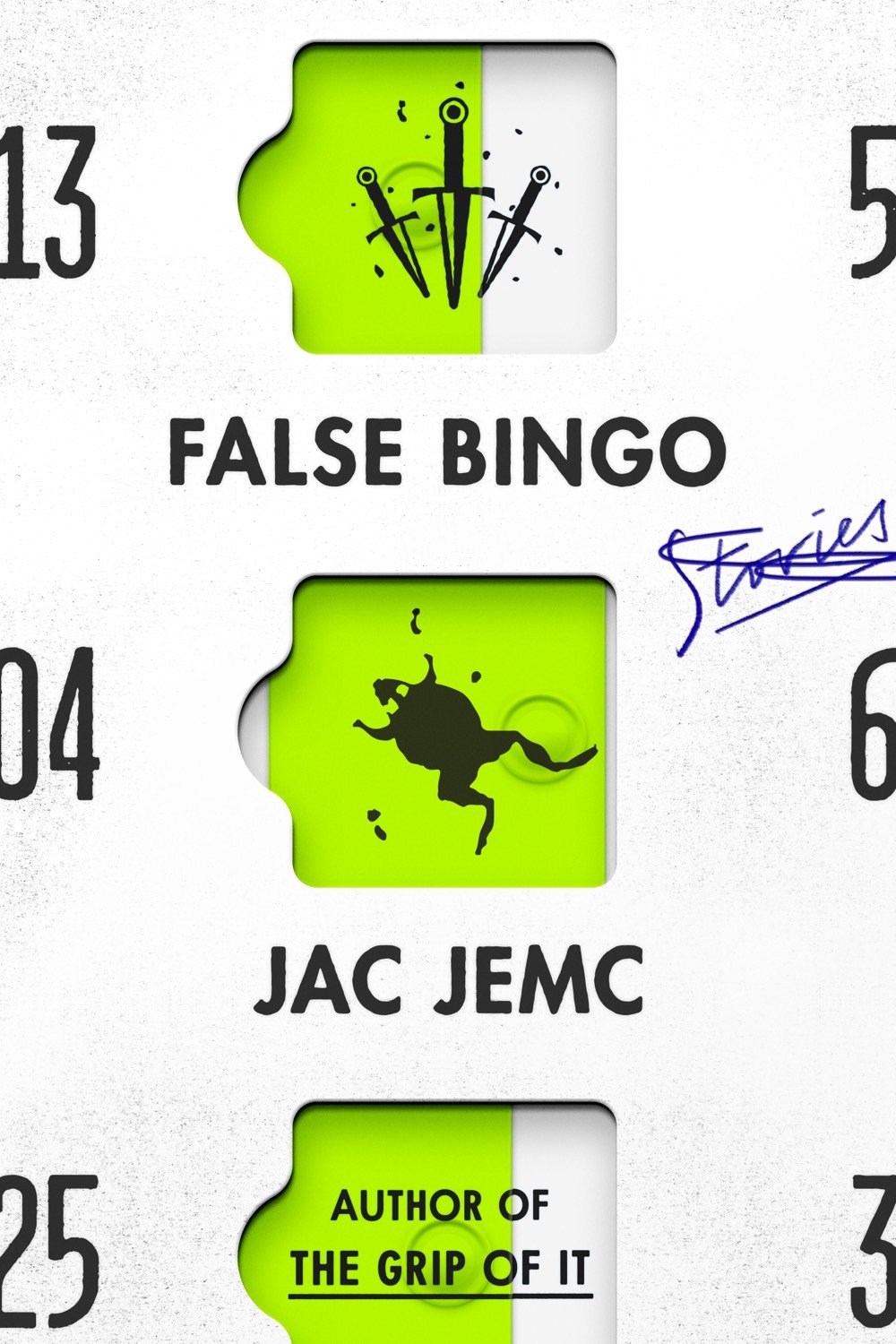
The AIGA has announced the winners of its annual 50 Books / 50 Covers competition for books published in 2019. The competition recognizes excellence in both book design and book cover design — some of the winners placed in both categories. You’ll notice there are not a lot of books here that you’d find on the front table of the bookstore — the winners tend to be from smaller publishers and/or academic in nature and/or about art or design. For lists containing more mainstream books, check out the lists from the NY Times, Buzzfeed, and Lithub.
The books pictured above (from top to bottom) are Rusty Brown by Chris Ware, When Brooklyn Was Queer by Hugh Ryan, Love Drones by Noam Dorr, Signal. Image. Architecture. by John May, and False Bingo by Jac Jemc.
The New Yorker asked five designers to design book covers for the Mueller Report in the event that it’s eventually published. Here are my two favorites, by Michael Bierut and Na Kim:

Book covers have long been one of my favorite design objects and with all the talented cover designers at work out there, 2018 produced a number of notable covers. In choosing some of my favorites below, I consulted Literary Hub’s 75 Best Books Covers of 2018 (according a panel of book designers), Paste’s 18 Best Book Covers of 2018, and The Casual Optimist’s Book Covers of Note 2018.
From top to bottom, Cherry by Nico Walker (designed by Janet Hansen), Hippie by Paulo Coelho (designed by Tyler Comrie), My Year of Rest and Relaxation by Ottessa Moshfegh (designed by Darren Haggar), Circe by Madeline Miller (designed by Will Staehle), and Swan Song by Kelleigh Greenberg-Jephcott (designed by Lauren Wakefield).

Design Observer and the AIGA have announced their selections for the 50 best designed books and 50 best designed book covers for 2016. You can browse the entire selection in the AIGA archive. Lovely to see Aaron James Draplin’s Pretty Much Everything, Koya Bound, and the Hamilton book on the list. Oh and I love this cover for The Poser.
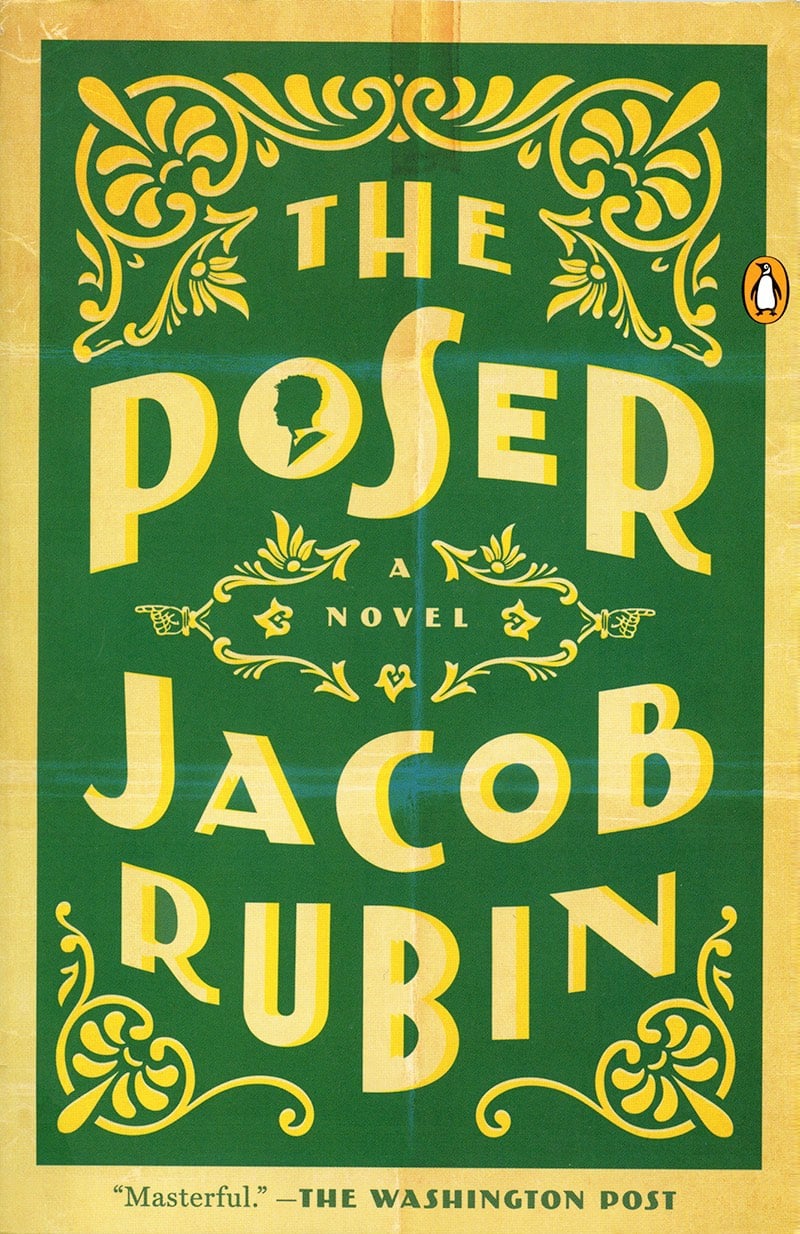
The AIGA and Design Observer have announced the results of the 50 Books/50 Covers competition for books published in 2015. The competition recognizes excellence in design of books and, separately, book covers. Here are a couple of my favorite covers:
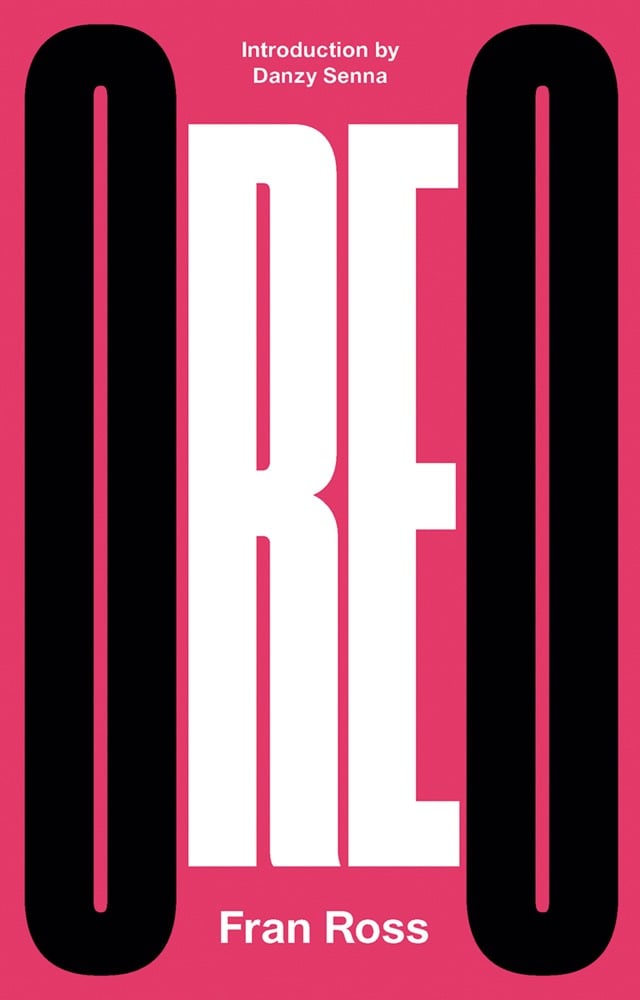

Oreo by Fran Ross was designed by Erik Carter and Moon-Kie Jung’s Beneath the Surface of White Supremacy was designed by Anne Jordan and Mitch Goldstein.
Check out more great covers at the NY Times, Buzzfeed, and The Casual Optimist. Compare with last year’s picks.
At the NY Times, Nicholas Blechman weighs in with his picks for the best book covers of 2014.

Dan Wagstaff, aka The Casual Optimist, picked 50 Covers for 2014.
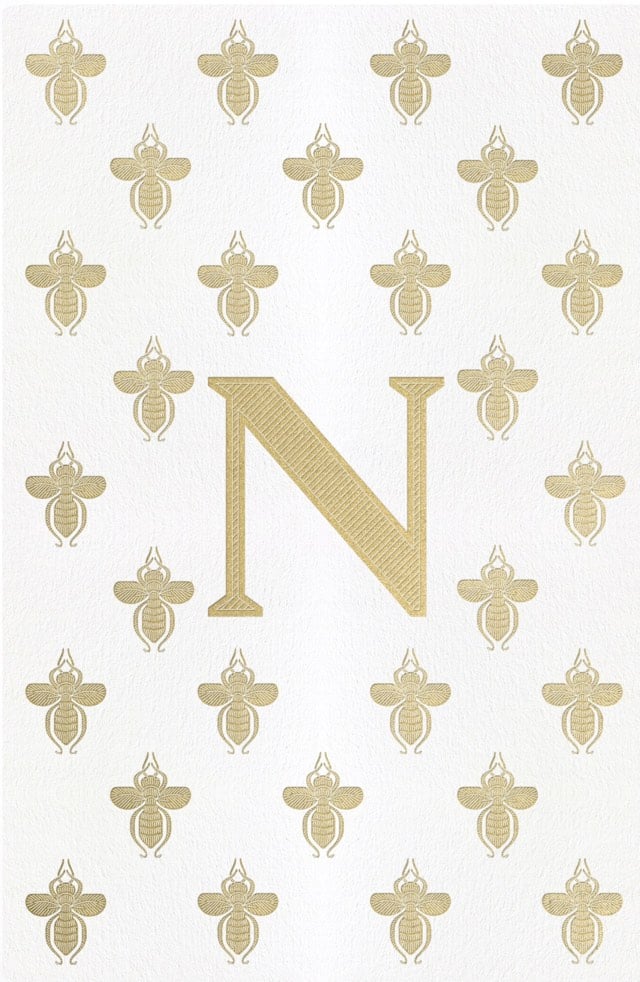
From Jarry Lee at Buzzfeed, 32 Of The Most Beautiful Book Covers Of 2014.
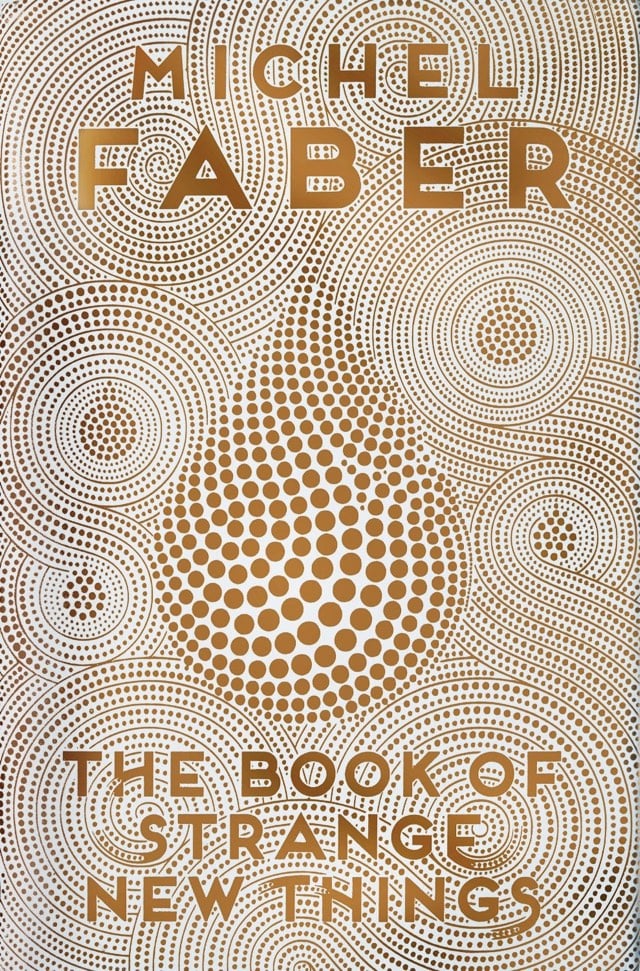
Paste’s Liz Shinn and Alisan Lemay present their 30 Best Book Covers of 2014.

And from much earlier in the year (for some reason), Zachary Petit’s 19 of the Best Book Covers of 2014 at Print.
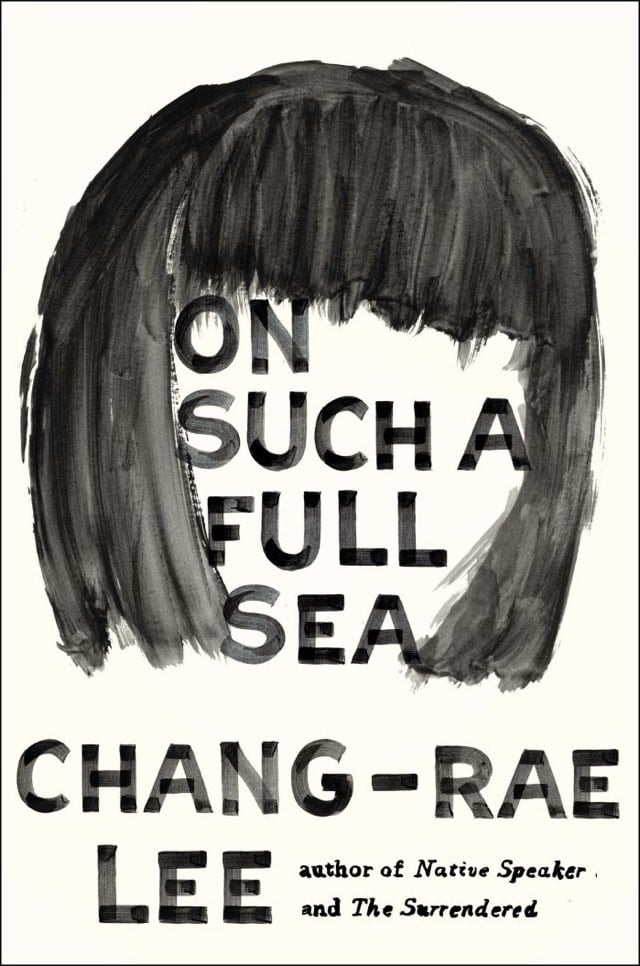
The book cover for Naive Set Theory by Paul Halmos is so so good:

The cover is a riff on, I think, Russell’s Paradox, a problem with naive set theory described by Bertrand Russell in 1901 about whether sets can contain themselves.
Russell’s paradox is based on examples like this: Consider a group of barbers who shave only those men who do not shave themselves. Suppose there is a barber in this collection who does not shave himself; then by the definition of the collection, he must shave himself. But no barber in the collection can shave himself. (If so, he would be a man who does shave men who shave themselves.)
Reminds me of David Pearson’s genius cover for Benjamin’s The Work of Art in the Age of Mechanical Reproduction.
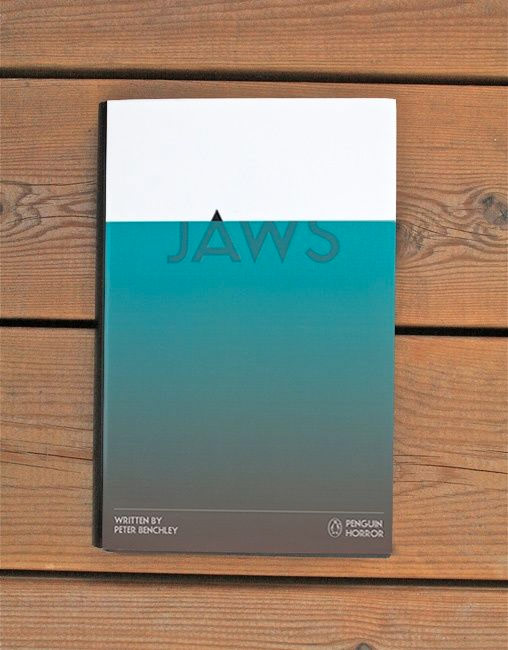
No idea if this is for sale anywhere (I couldn’t find it) or if it’s just a design exercise, but this cover for Peter Benchley’s Jaws designed by Tom Lenartowicz is inspired. (via ★interesting)
A new series of George Orwell’s books are being published by Penguin and this is the cover for 1984:
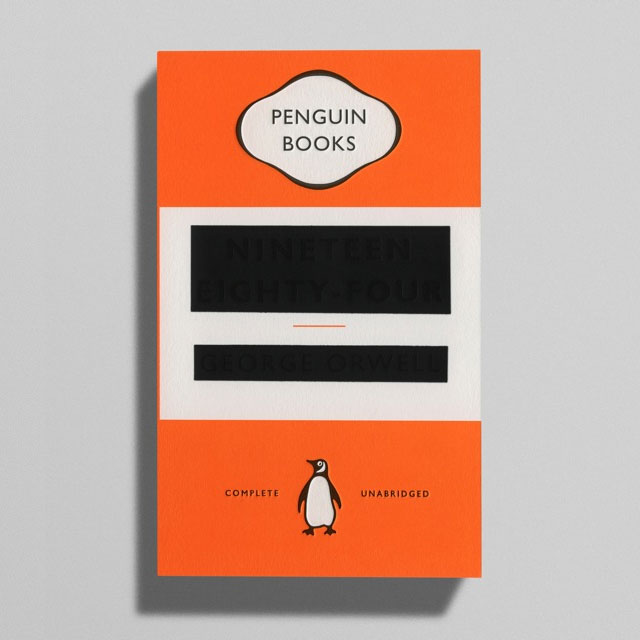
Cover design by David Pearson…more covers from the same series here. (via @torrez)
The results of a competition to design a better cover for Nabokov’s Lolita are being packaged into a book due out in June.
Among the problems Nabokov’s Lolita poses for the book designer, probably the thorniest is the popular misconception of the title character. She’s chronically miscast as a teenage sexpot-just witness the dozens of soft-core covers over the years. “We are talking about a novel which has child rape at its core,” says John Bertram, an architect and blogger who, three years ago, sponsored a Lolita cover competition asking designers to do better.
Now the contest is being turned into a book, due out in June and coedited by Yuri Leving, with essays on historical cover treatments along with new versions by 60 well-known designers, two-thirds of them women: Barbara deWilde, Jessica Helfand, Peter Mendelsund, and Jennifer Daniel, to name a few. They don’t shy away from frank sexuality, but they add layers of darkness and complication. And like Jamie Keenan’s cover — a claustrophobic room that morphs into a girl in her underwear — they provoke without asking readers to abdicate their responsibility.
Of the covers shown, Peter Mendelsund’s is a favorite:
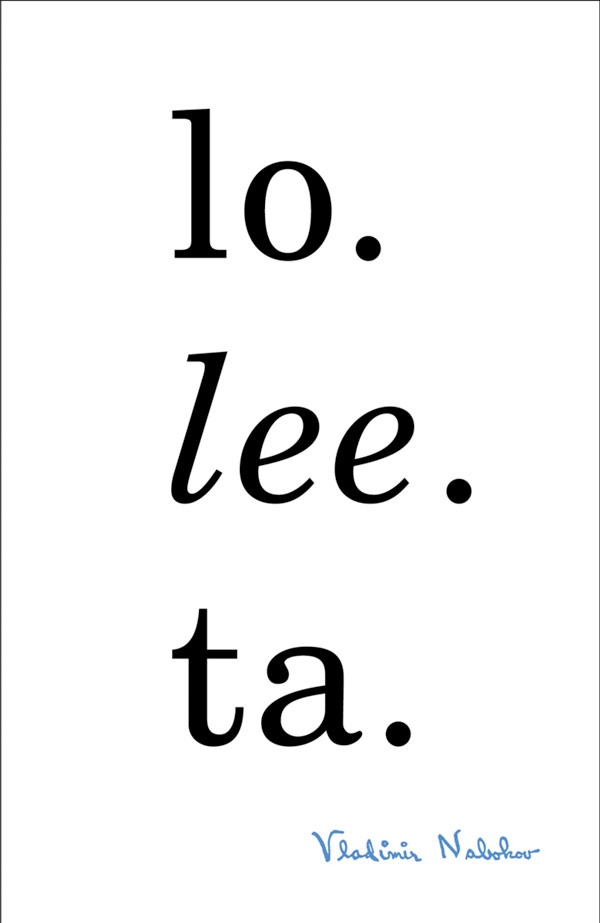
A wonderful collection of 19th century shipping posters on Flickr. (via quipsologies)
Update: That Flickr user also has several other interesting sets of images to look at, including book covers, typography of The Electric Company, Soviet children’s books, and Civil War posters.
Some recent covers by Chip Kidd of three books by James Ellroy. The photographs on the covers are of dioramas of pulp fiction covers made by Thomas Allen. (via yda)
The proprietor of the Book Design Review blog picks his favorite book covers of 2006.
At The Art of the Book event last week, the panel was asked why there were so few female superstar designers. Milton Glaser took a shot at answering the question (many women choose family over work during the crucial superstar career development years) but judging by the reaction afterwards online, his comments were not appreciated by some. To be fair, Glaser’s comments were taken out of context, I think, and what he said is a part of the overall answer to the question. On Design Observer, Michael Beirut, who was the moderator for that evening’s event, takes a closer look at the issue. “The real question was the unspoken one: ‘Why is it that you guys up there are always…guys?’” Oh, and here’s a list of women speakers for your conference.
Stay Connected